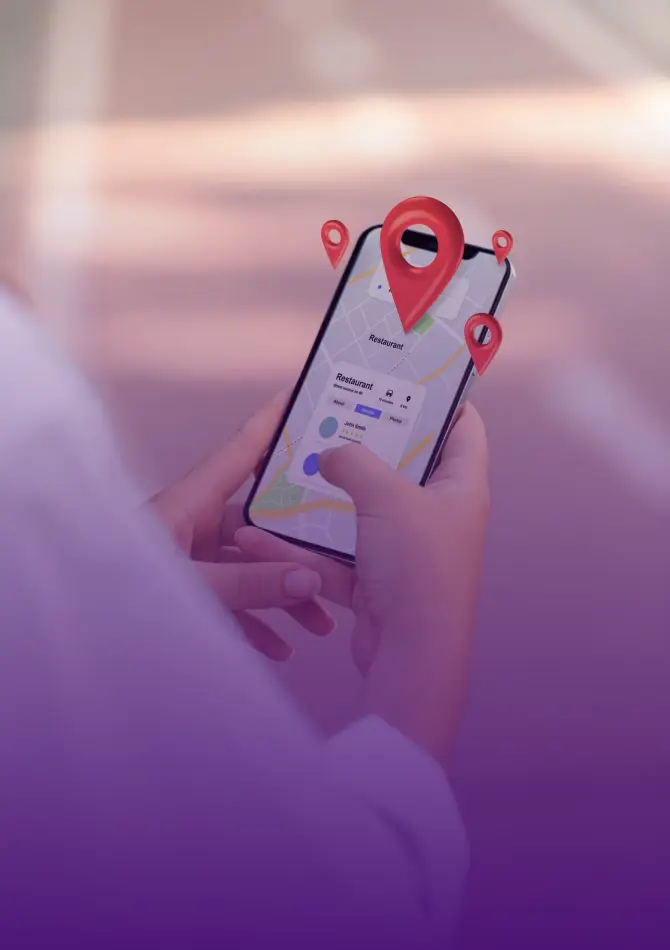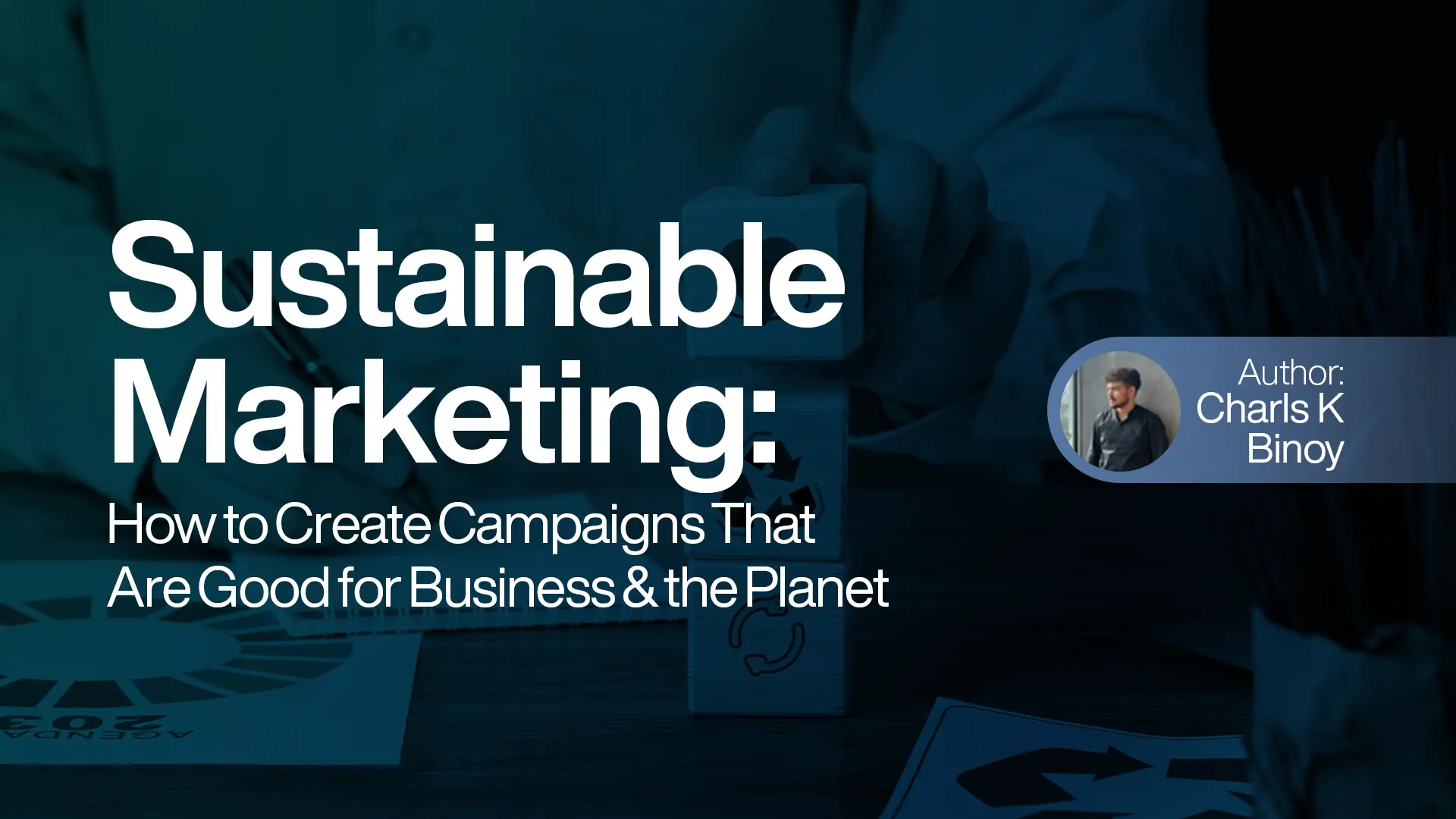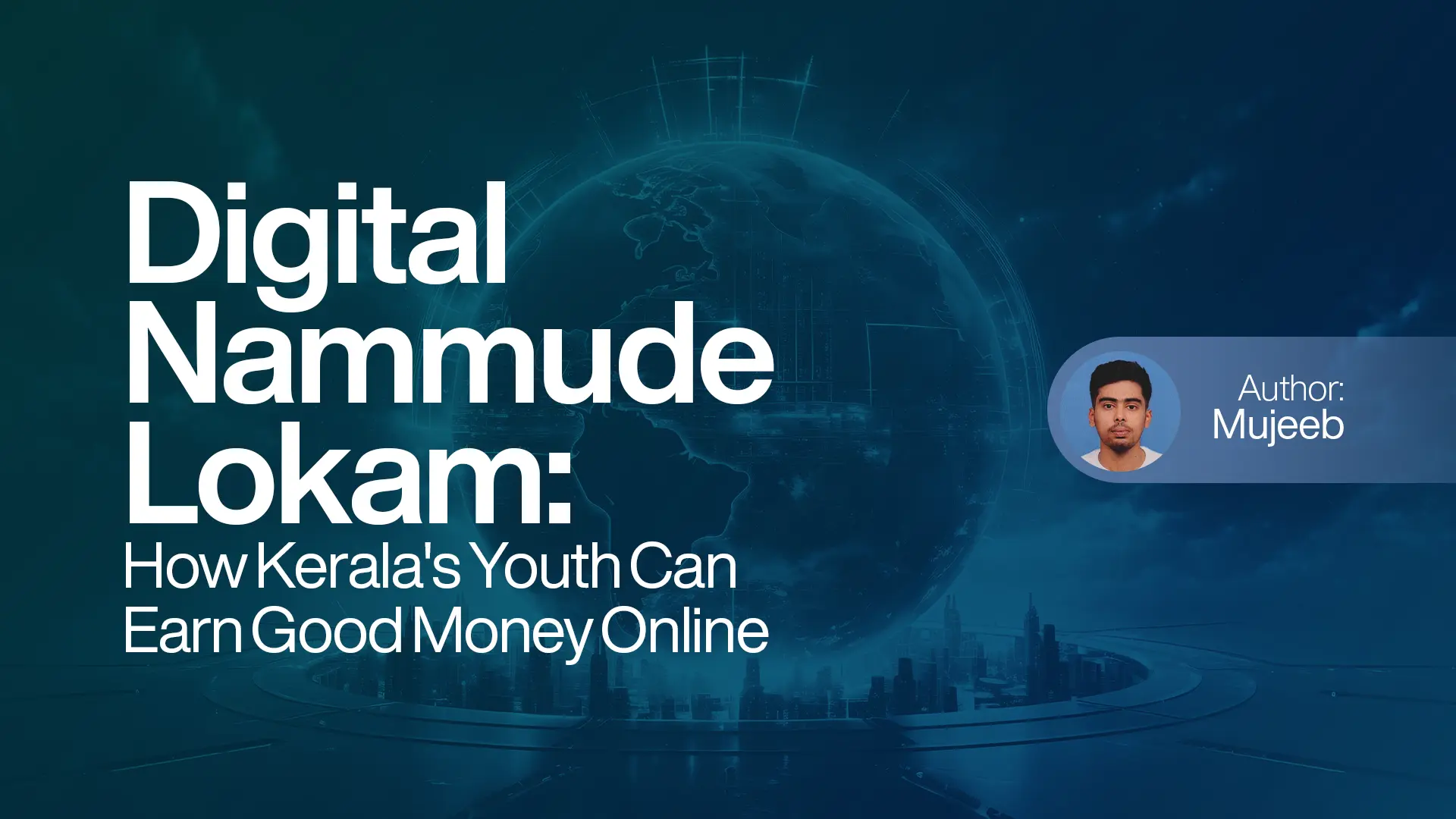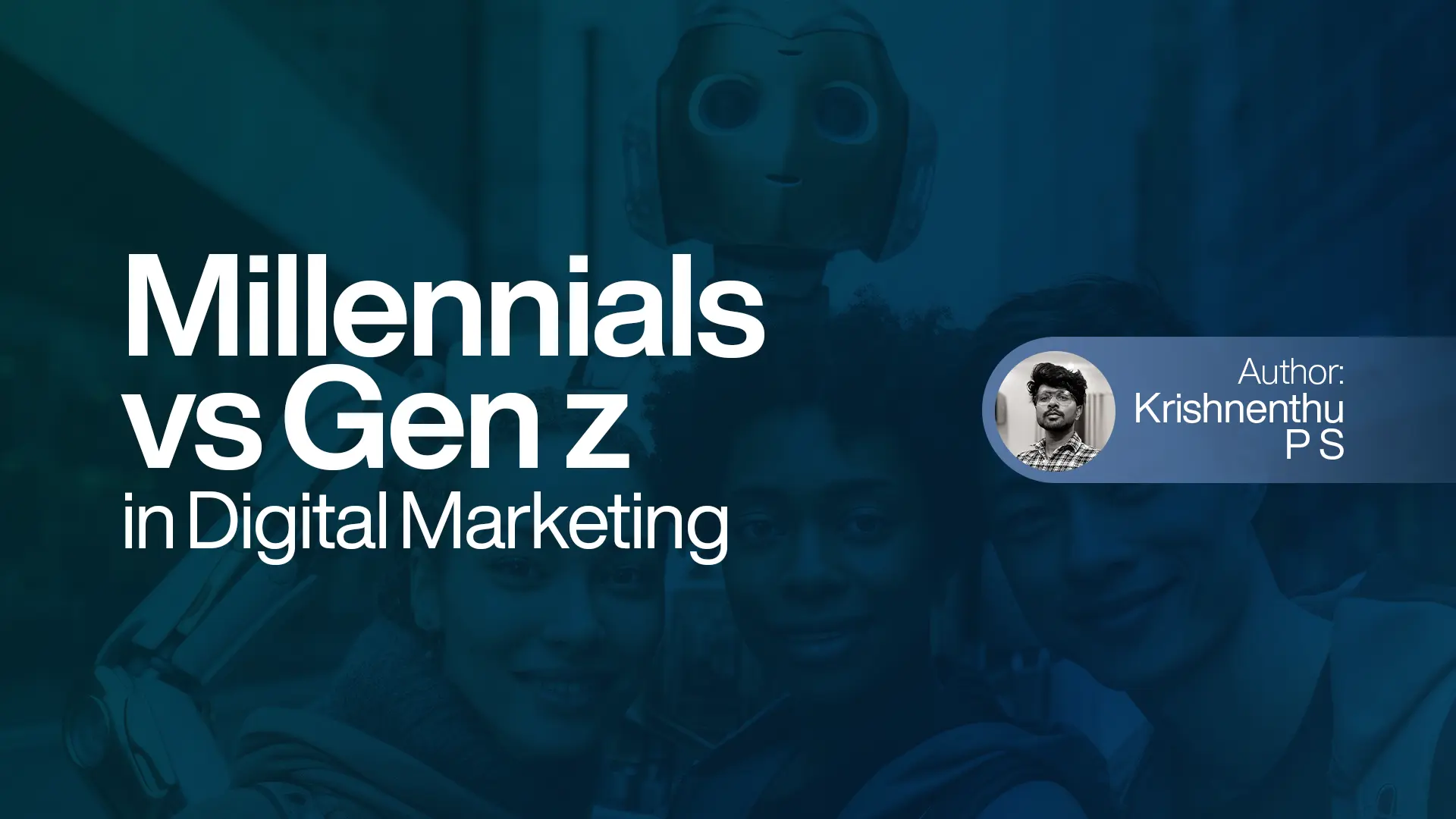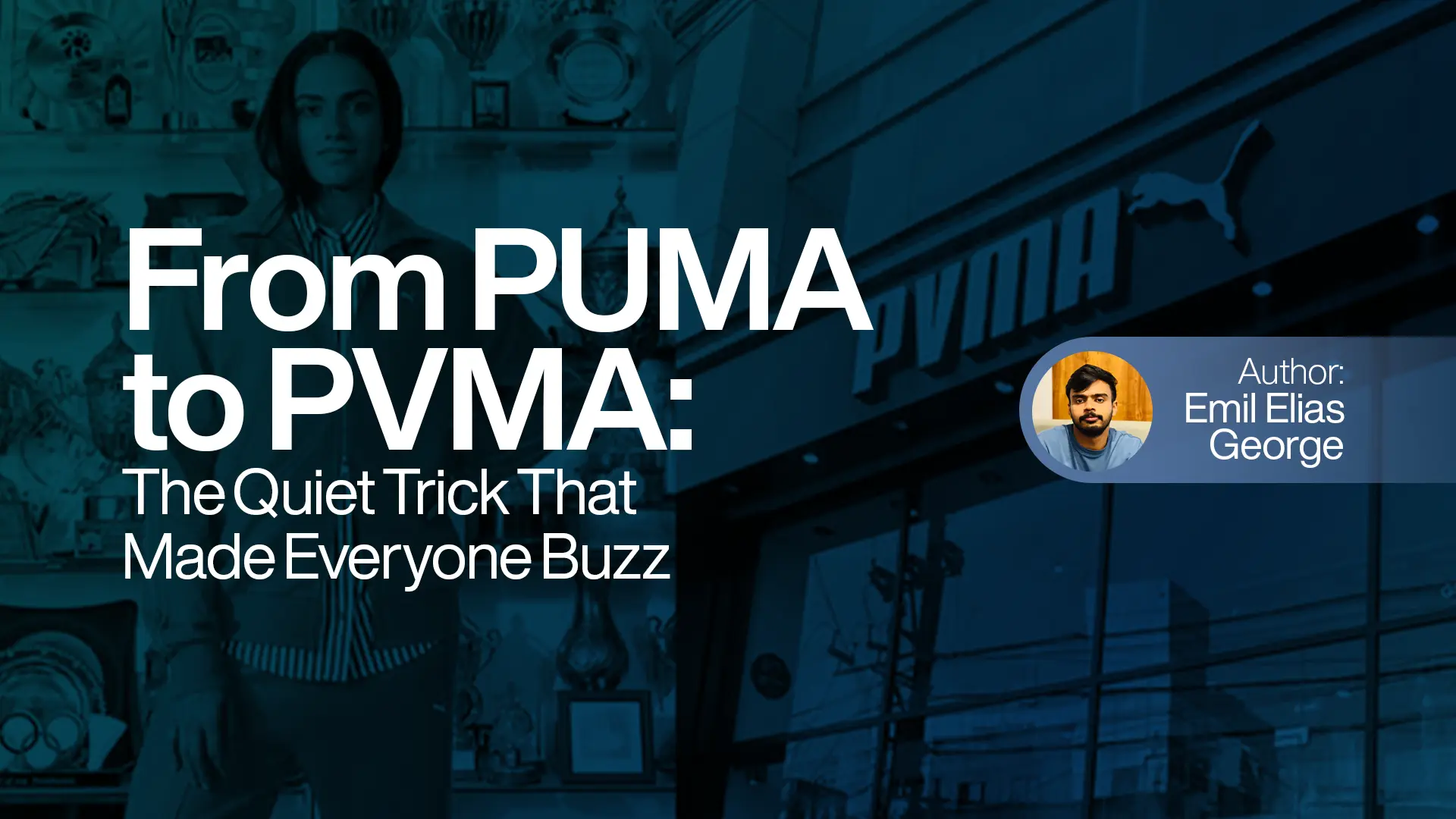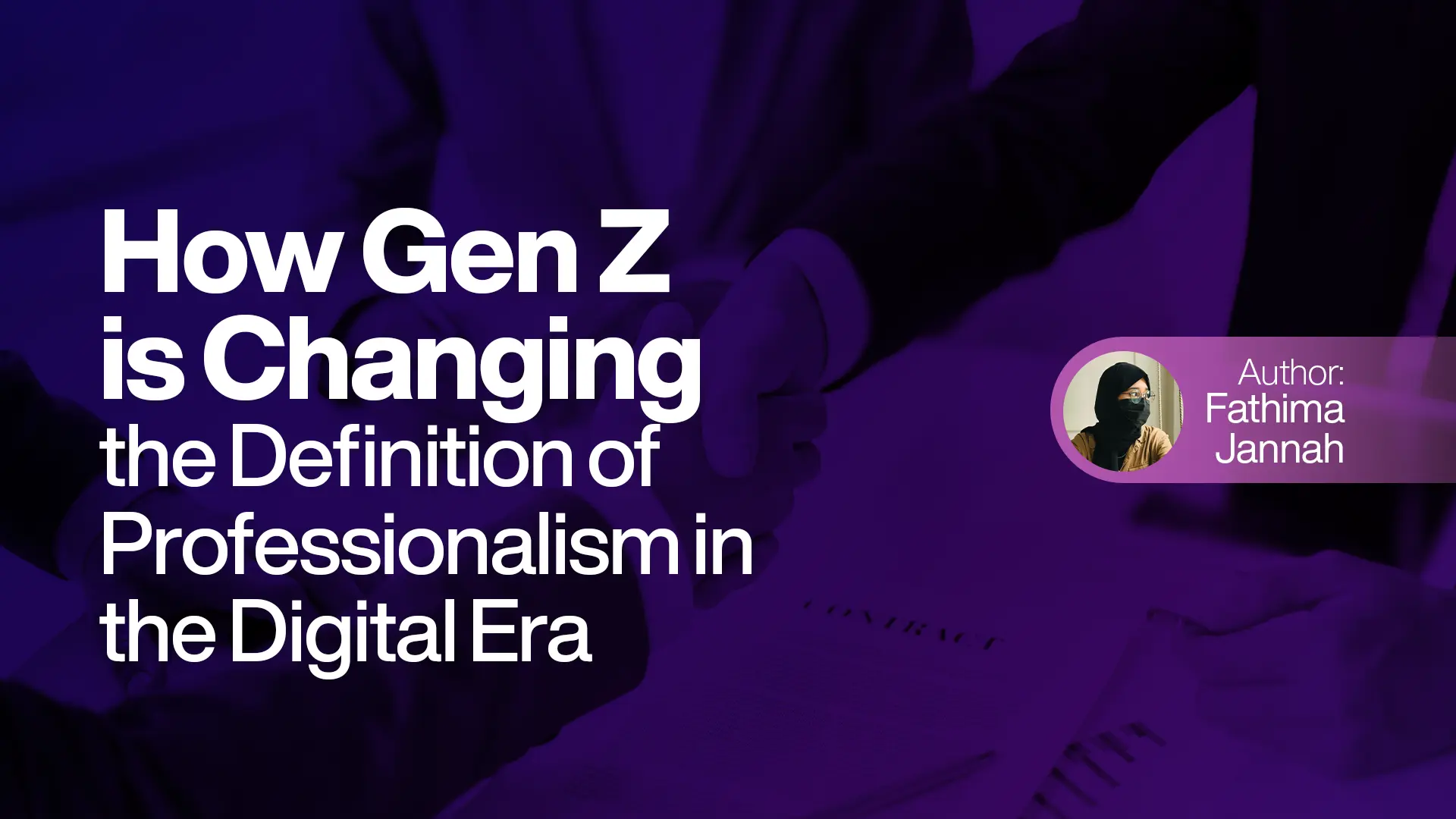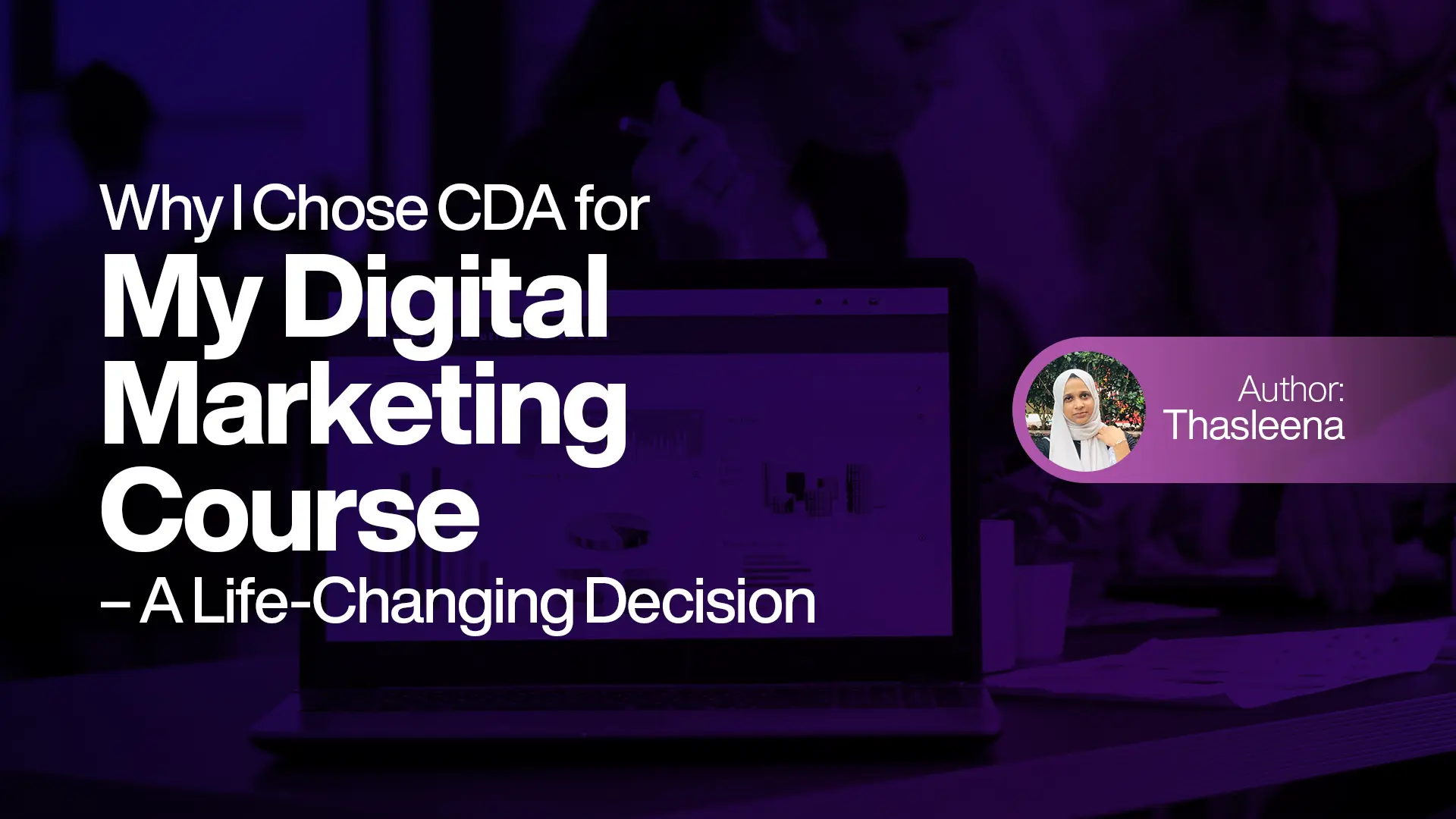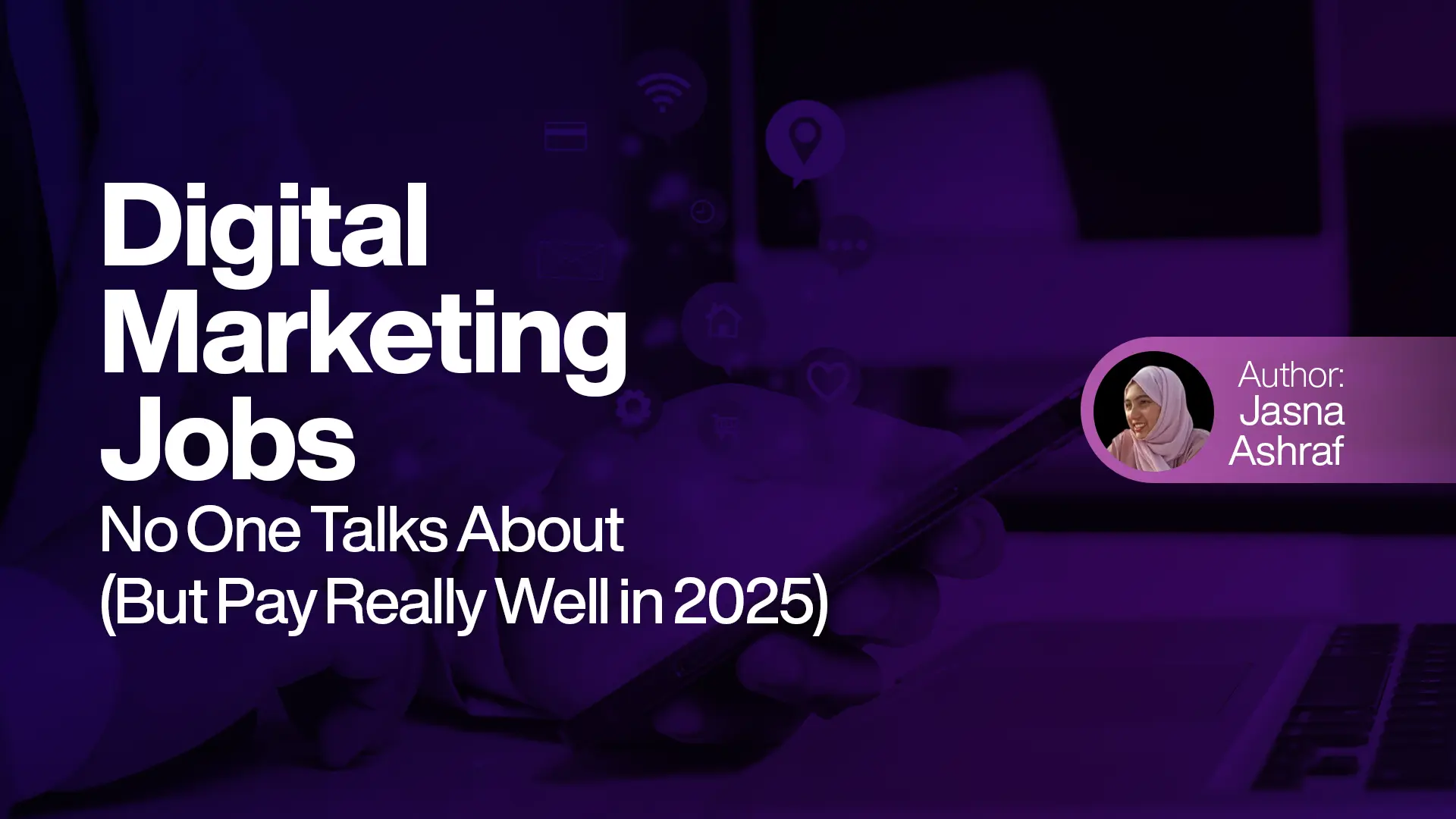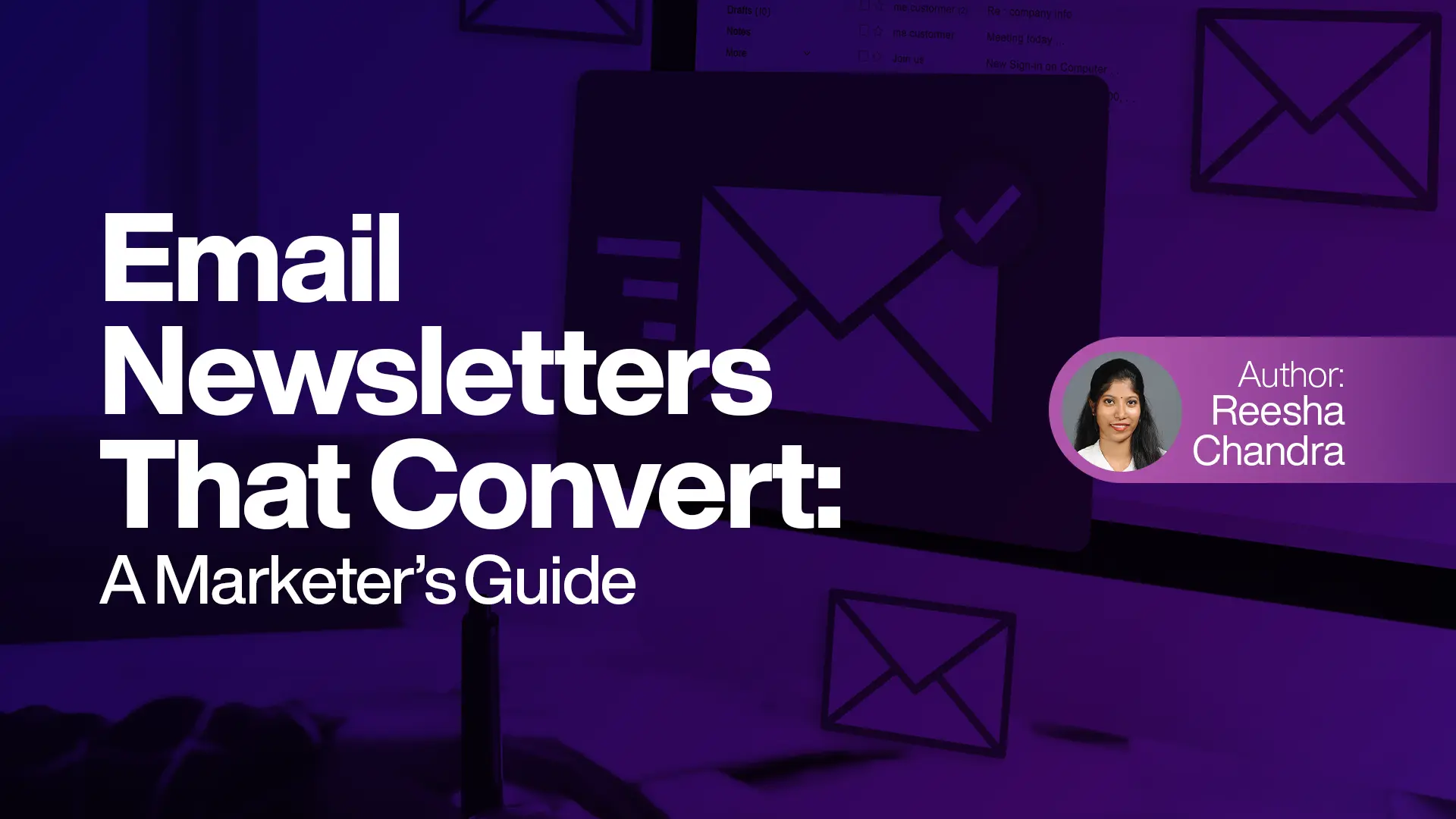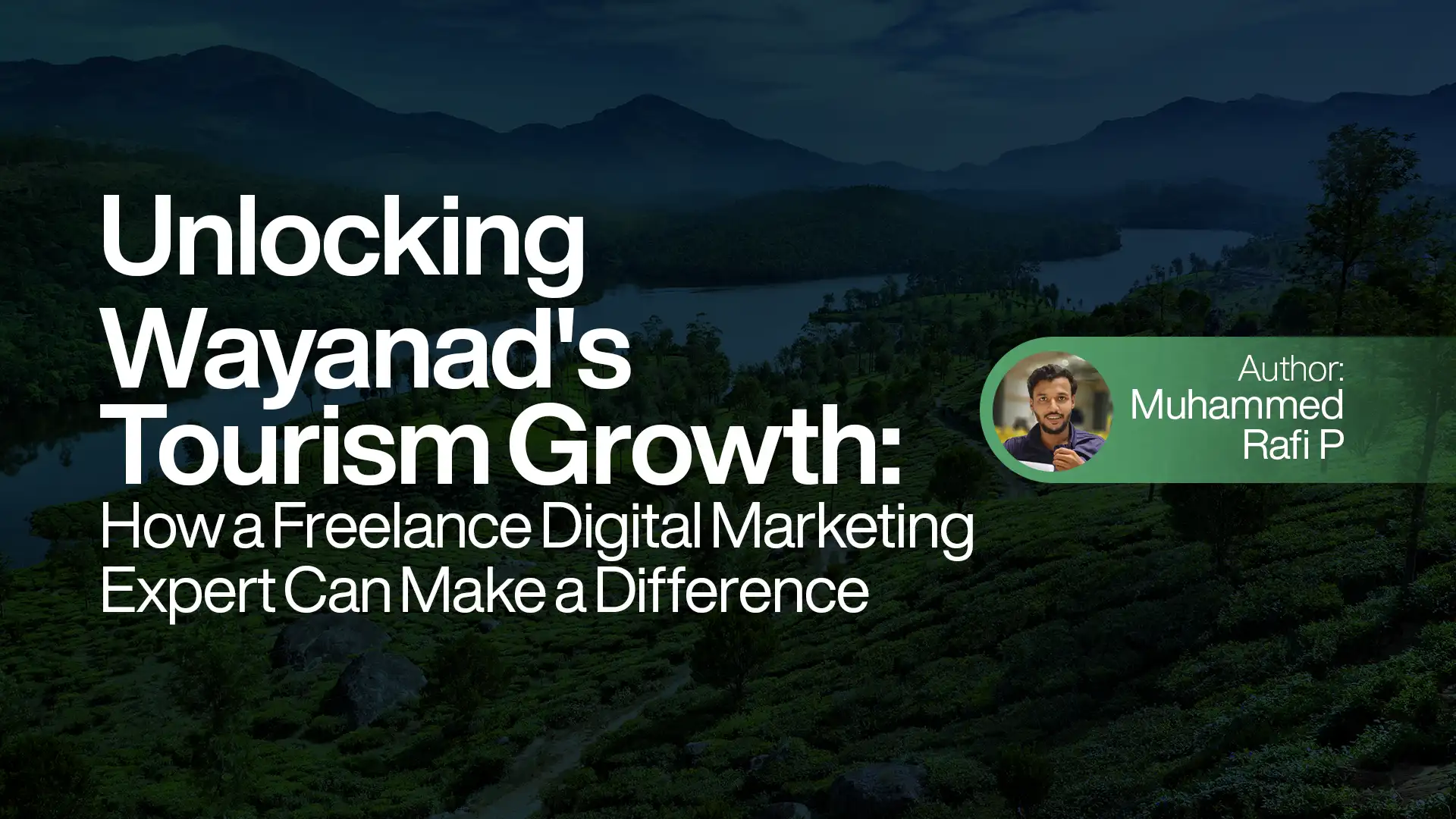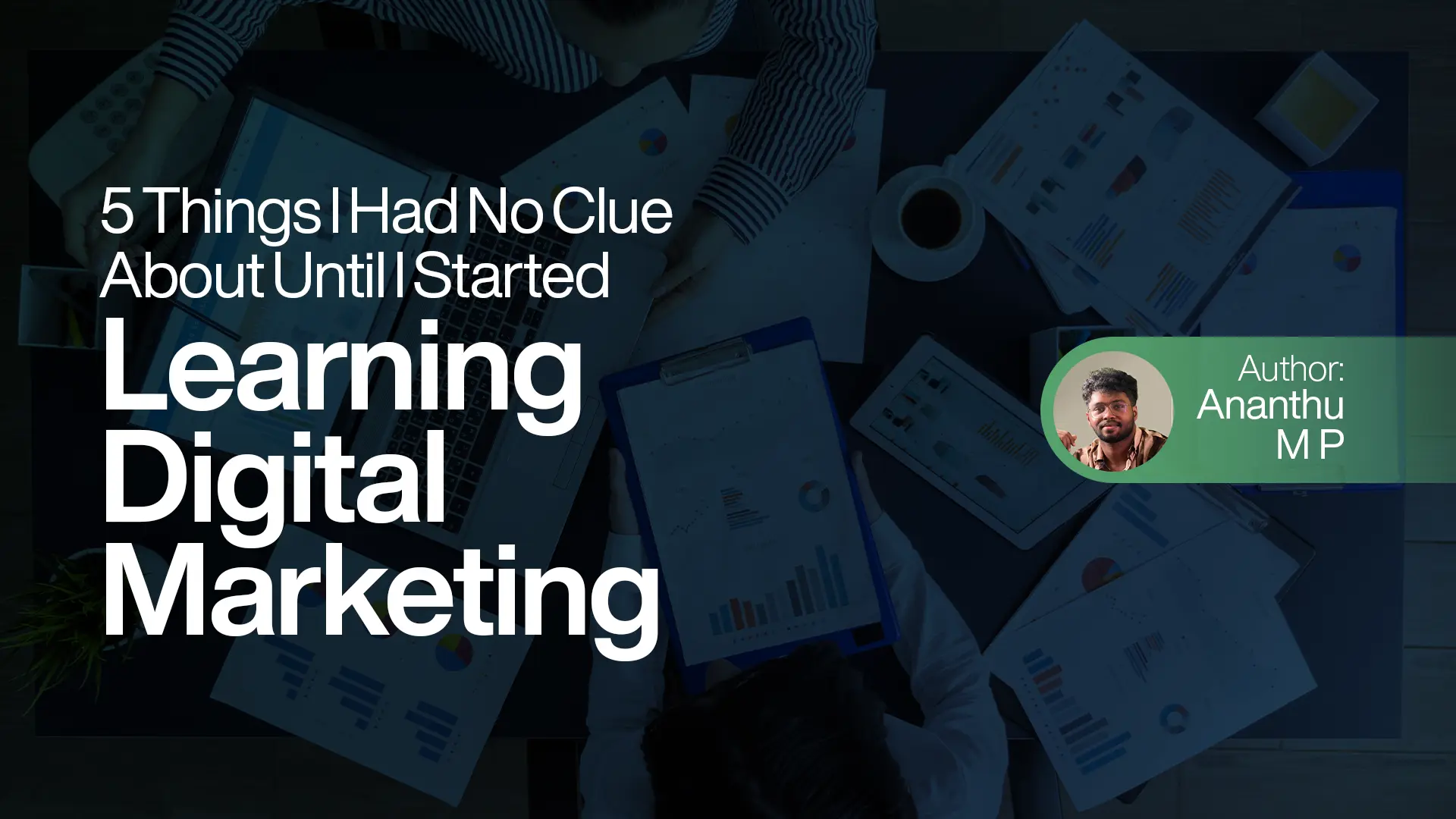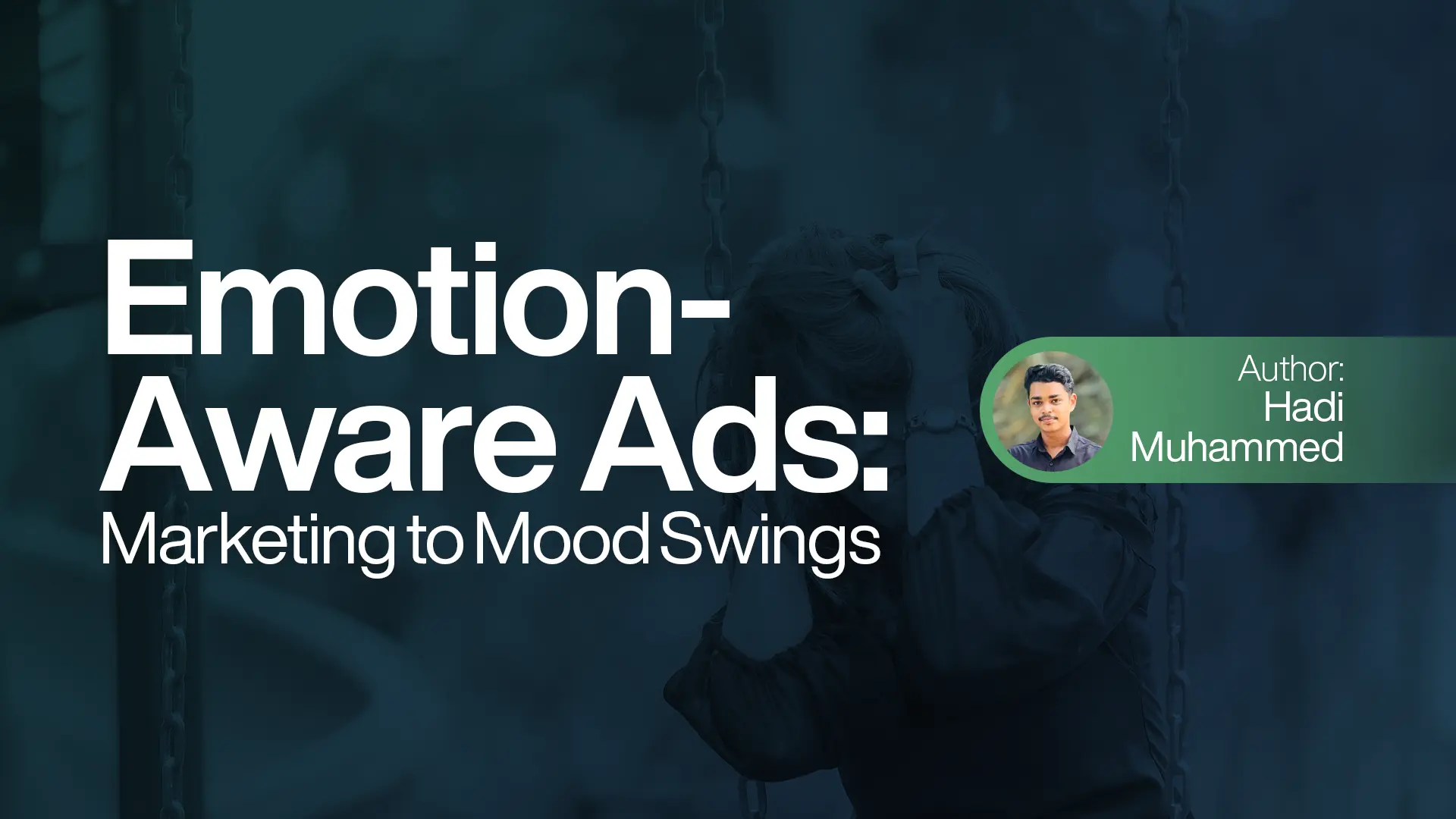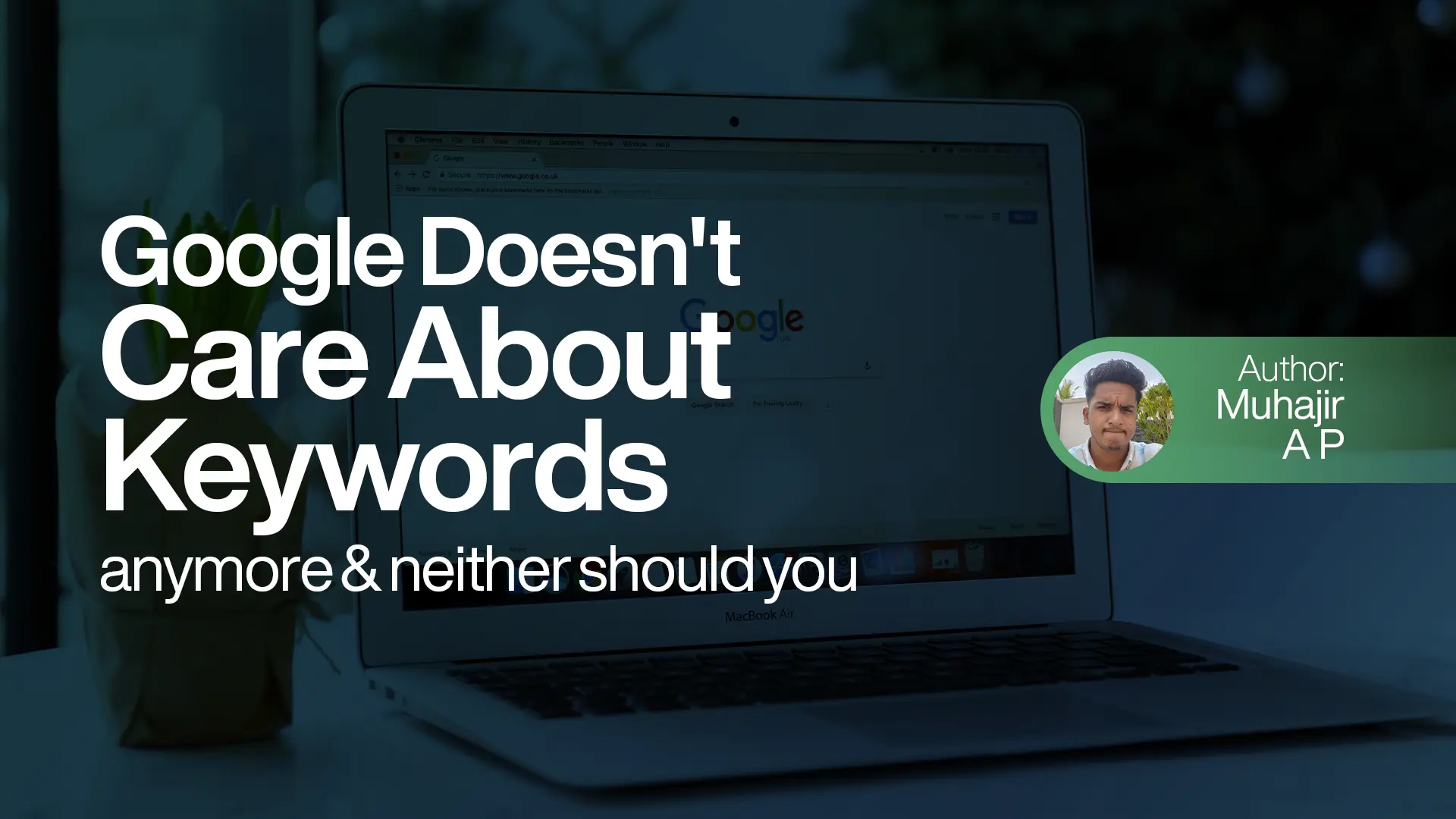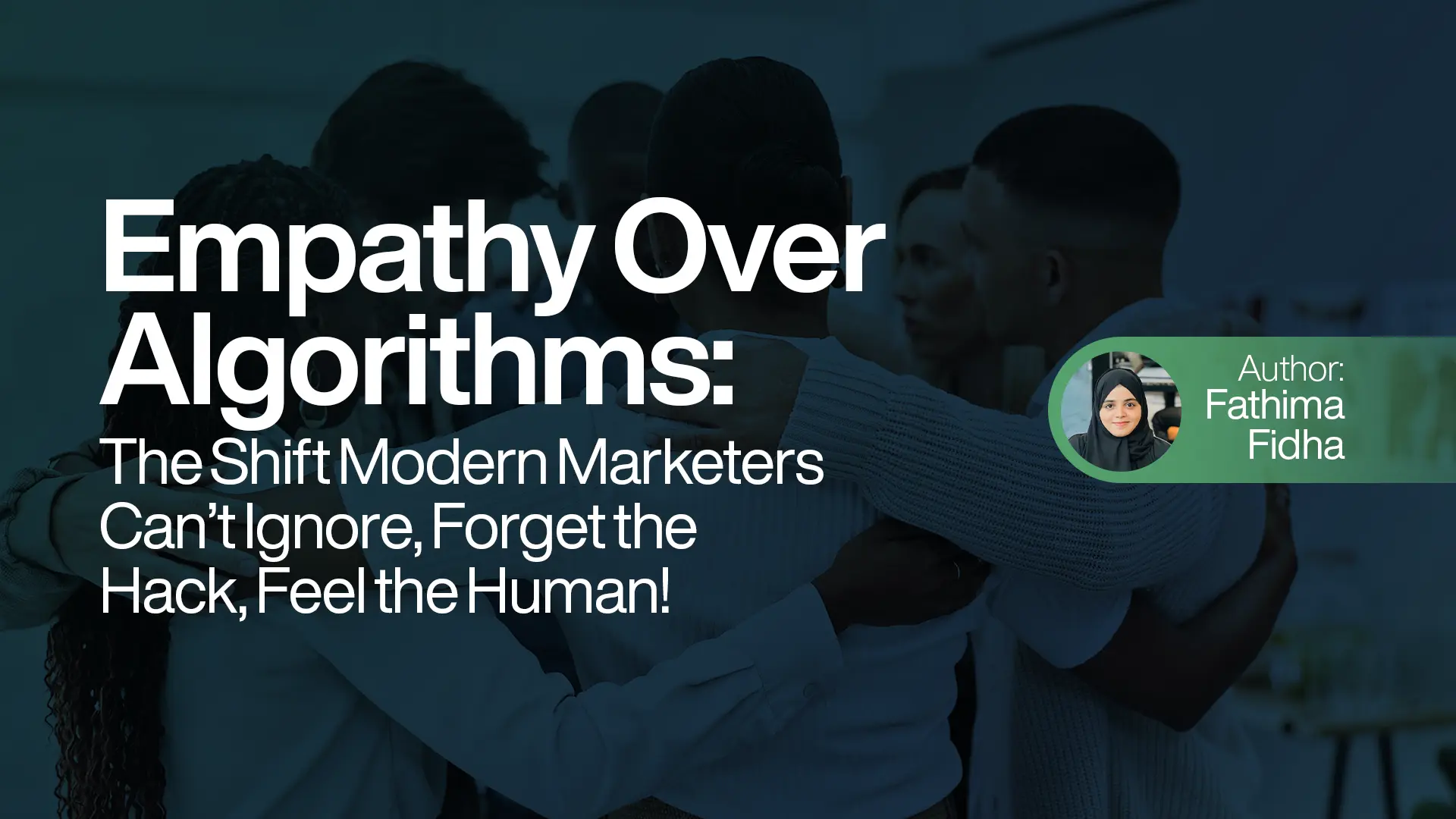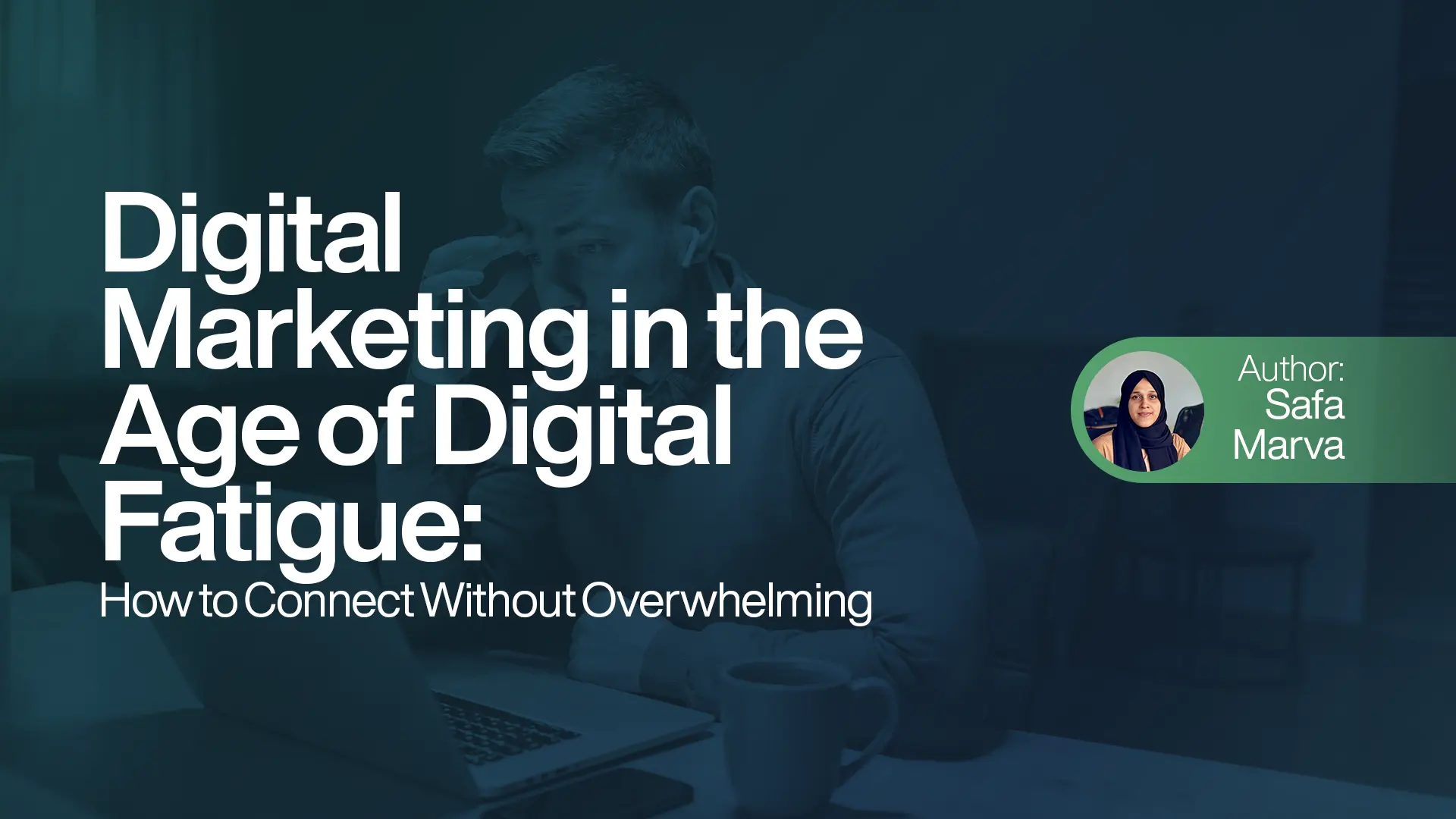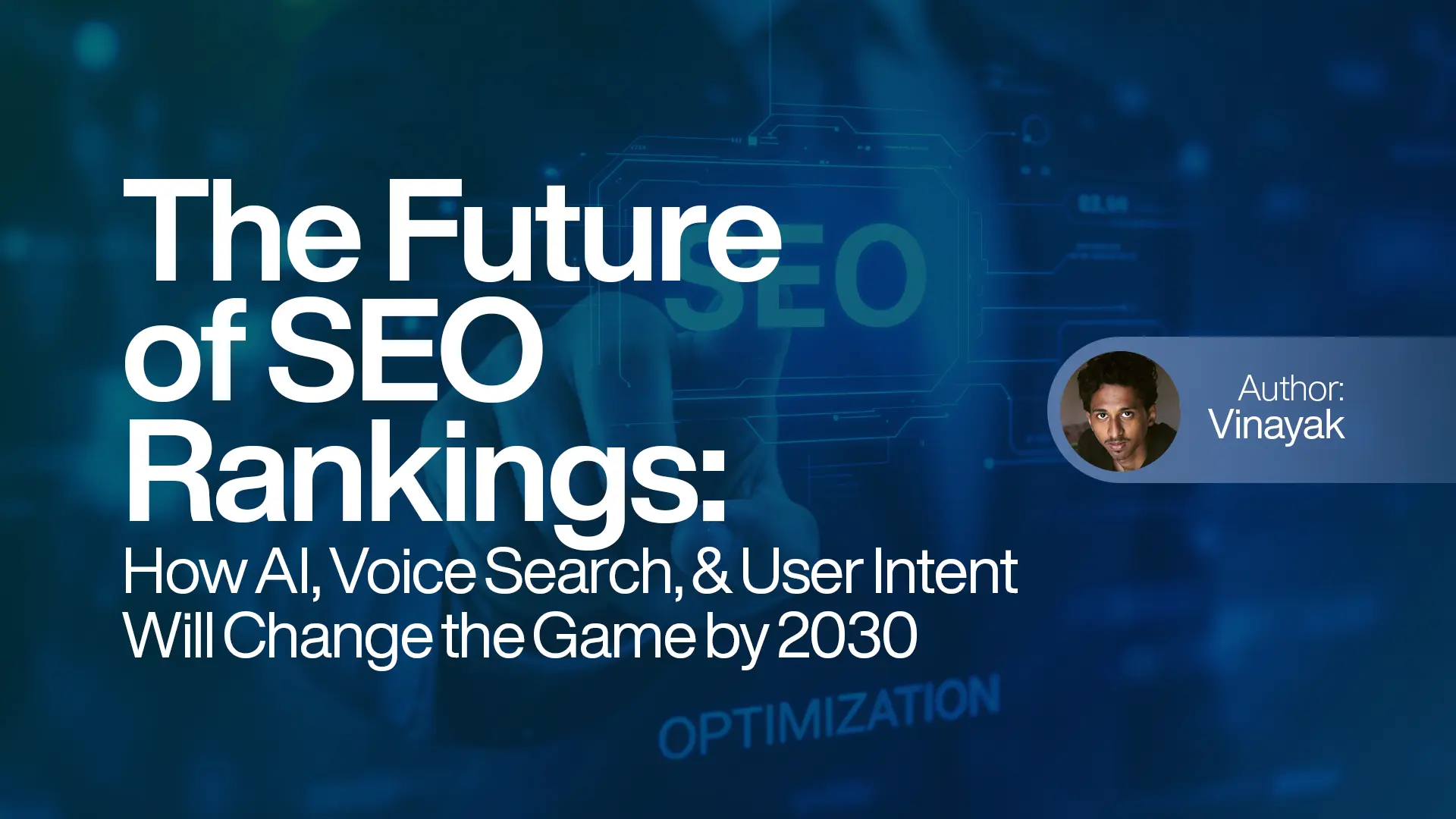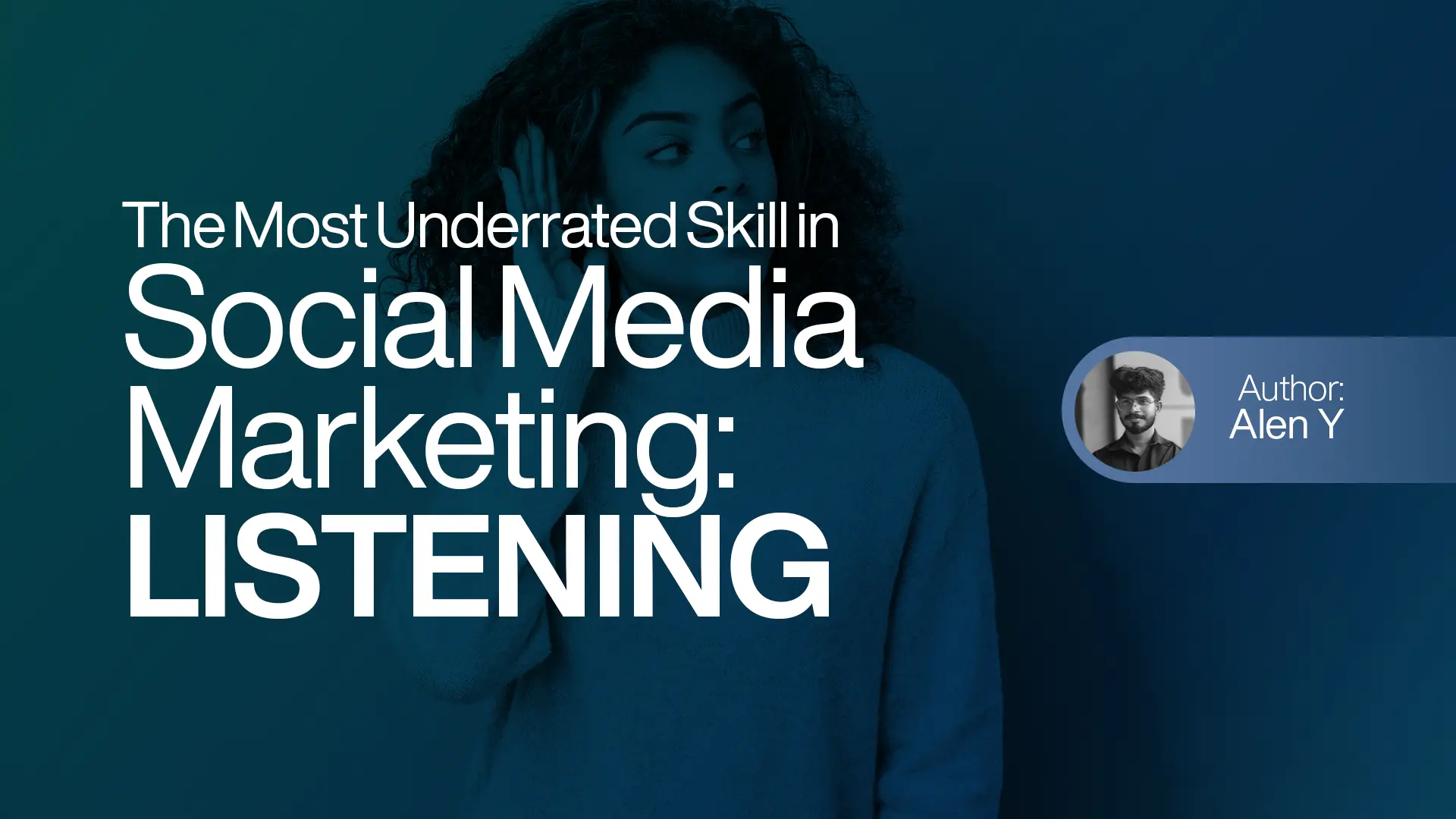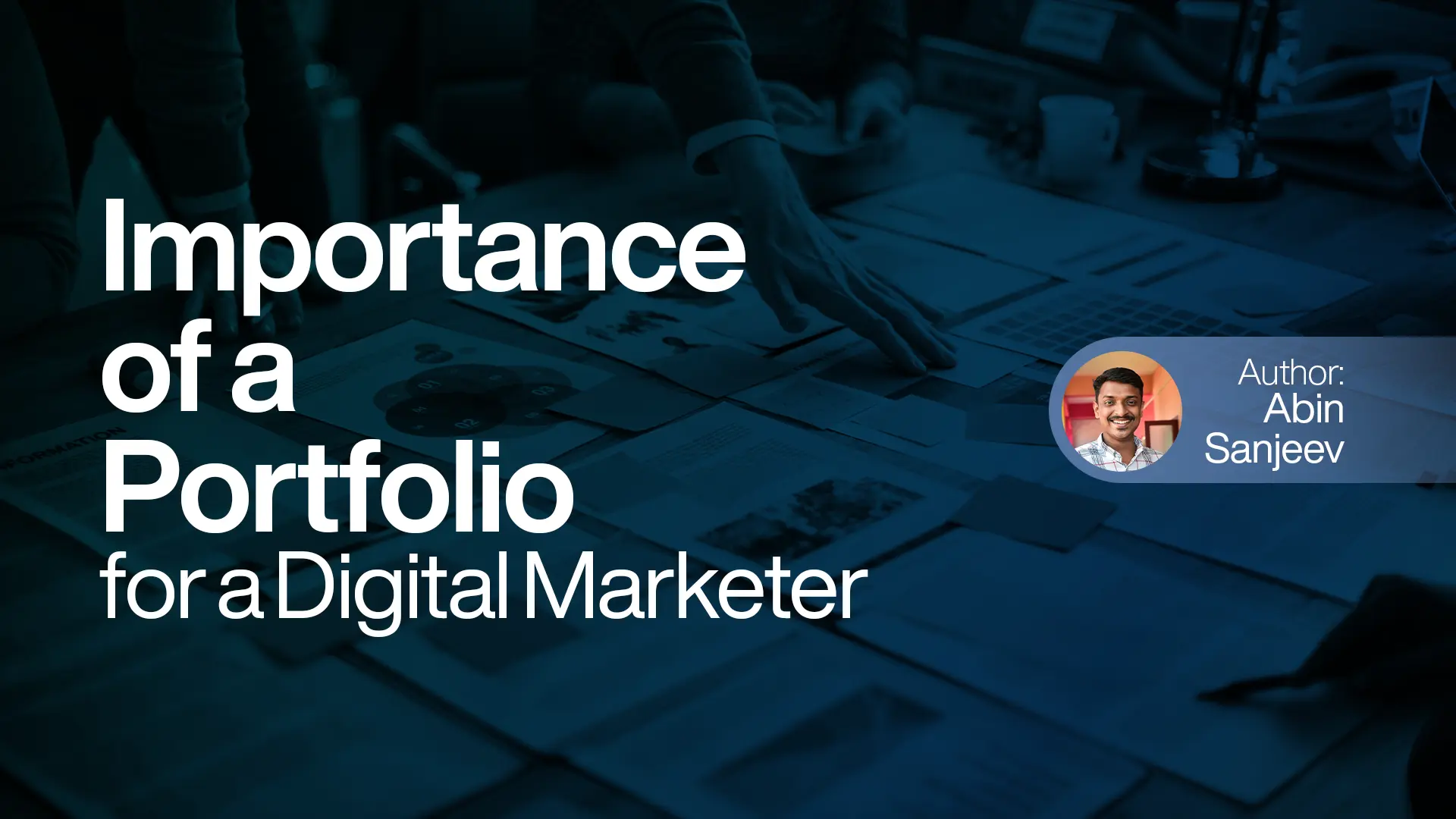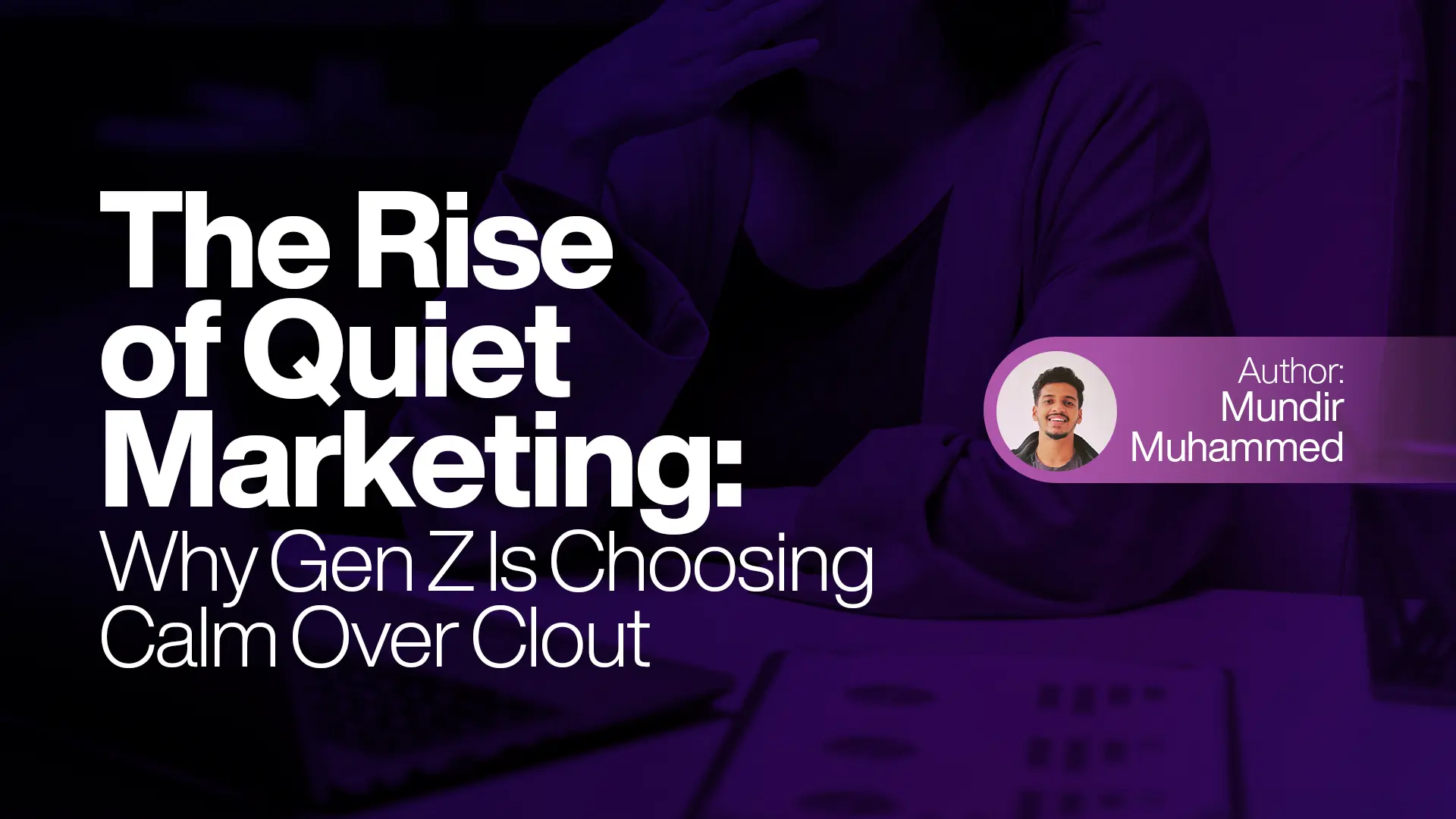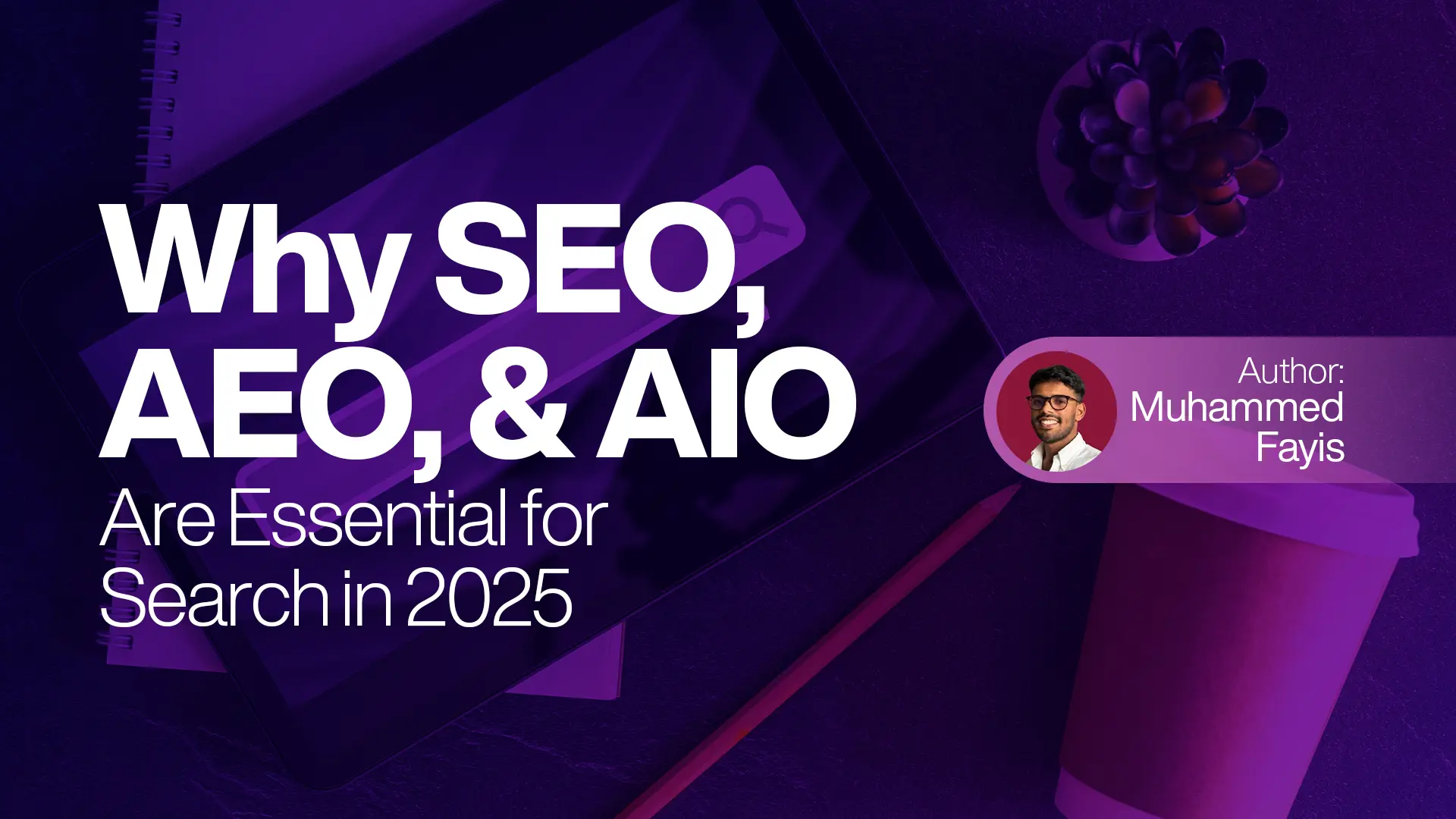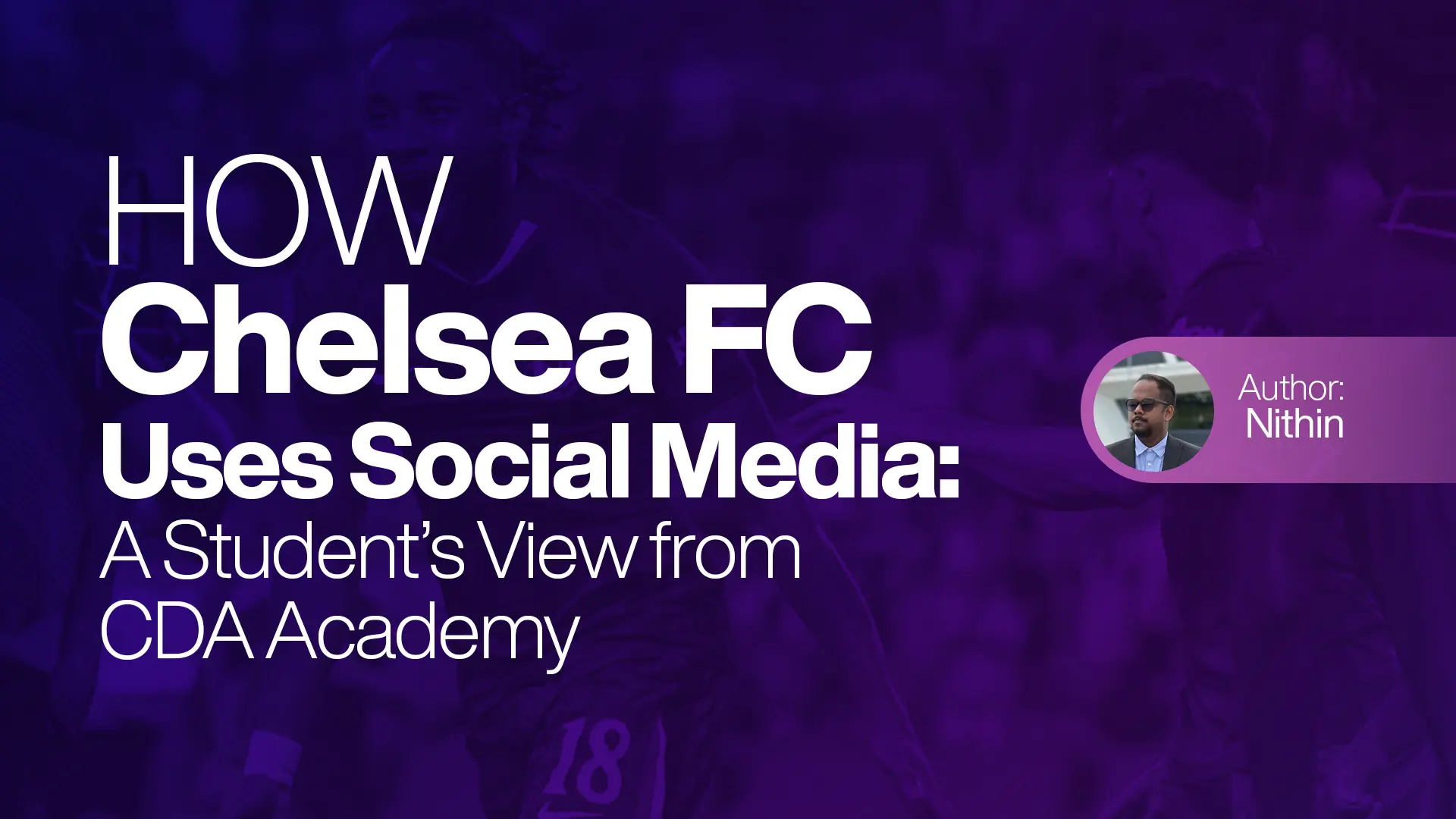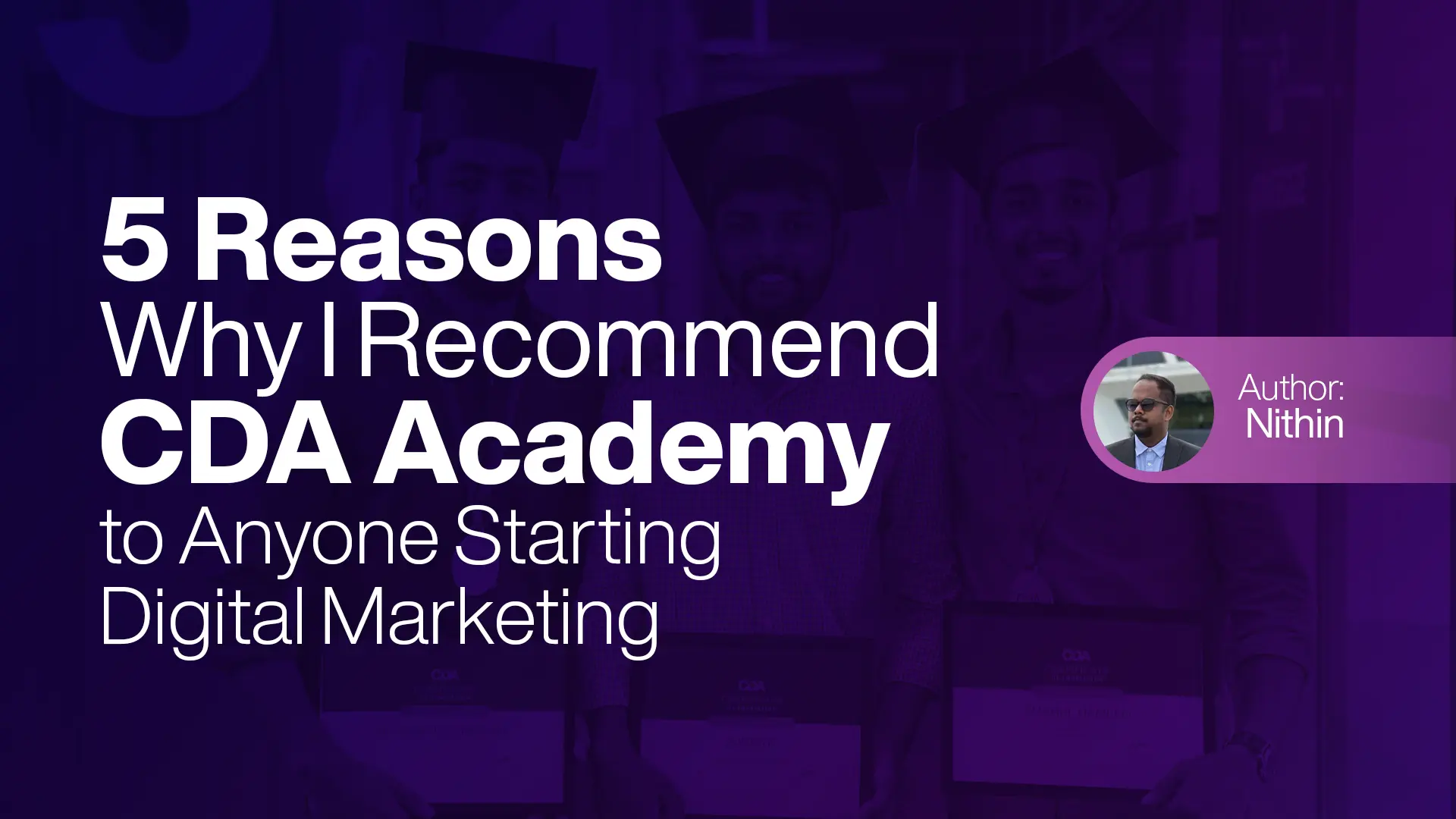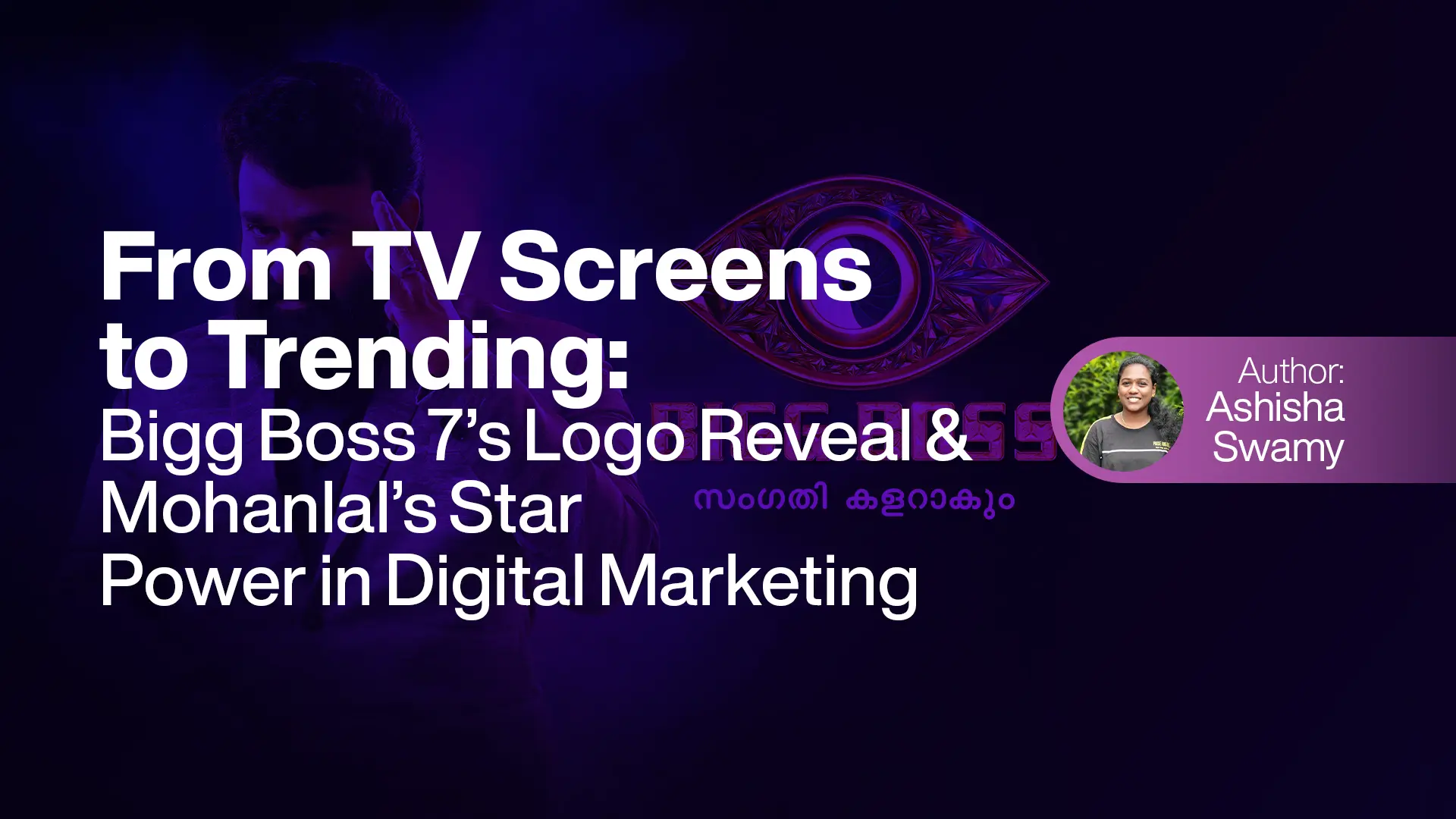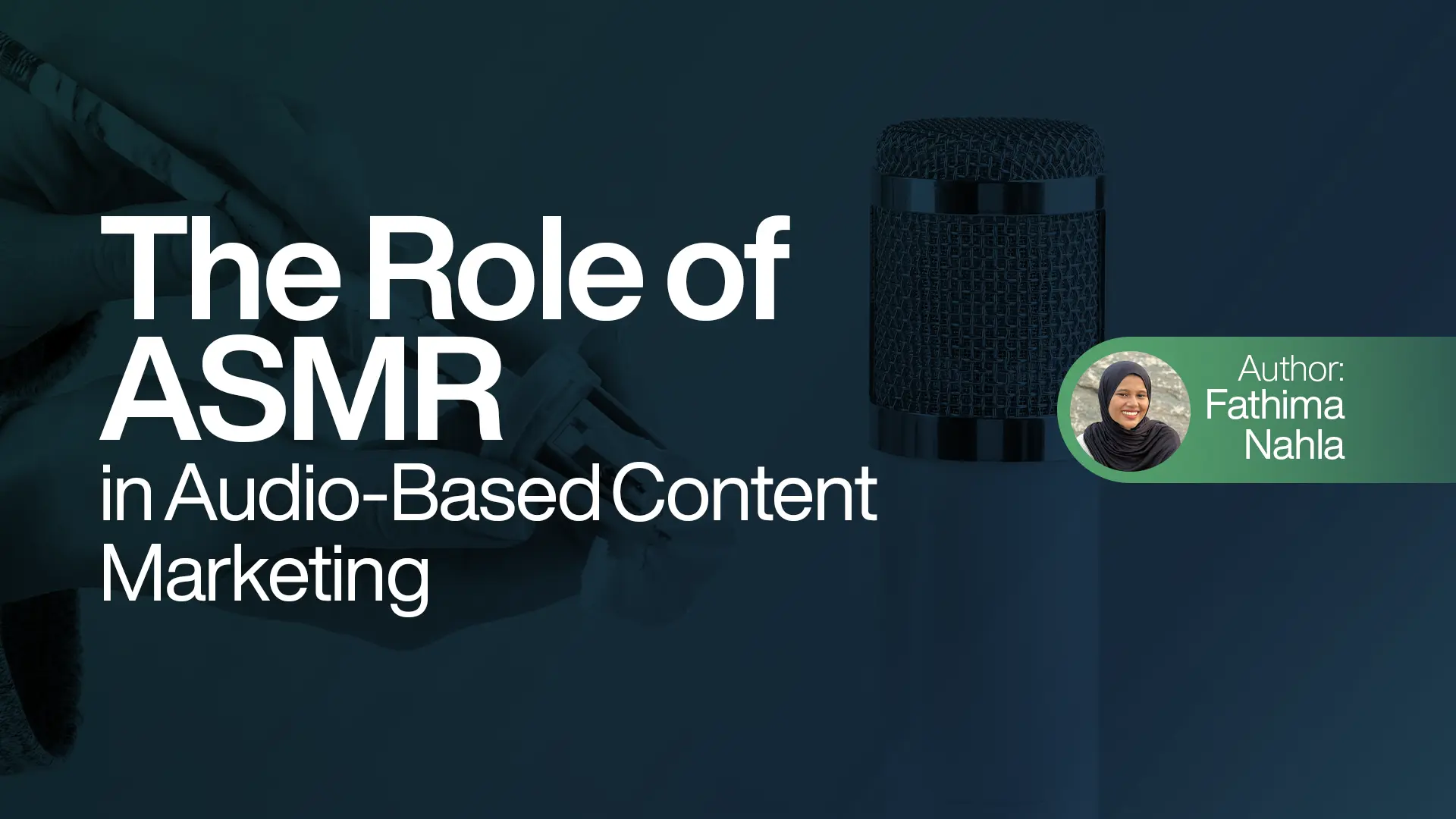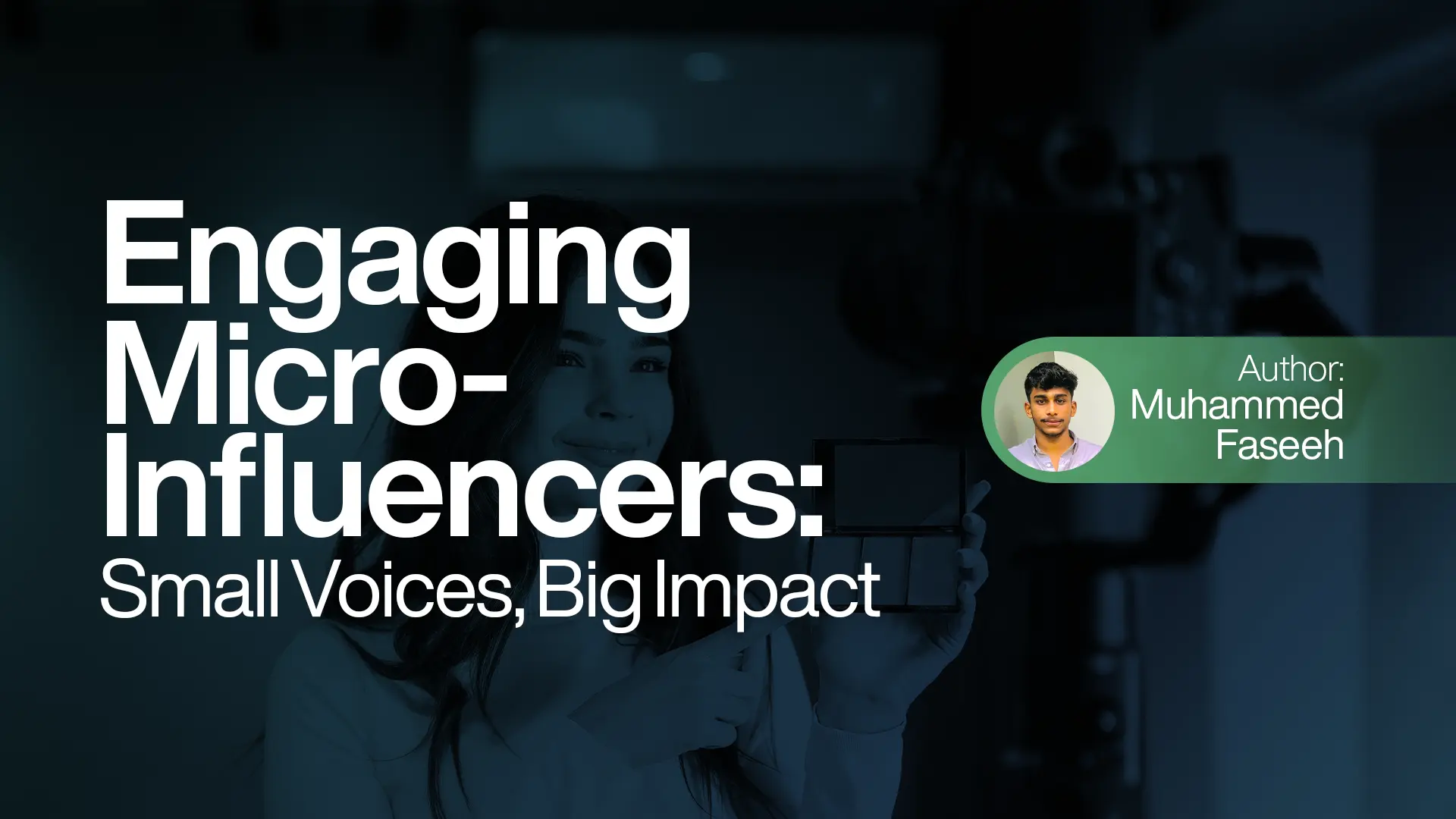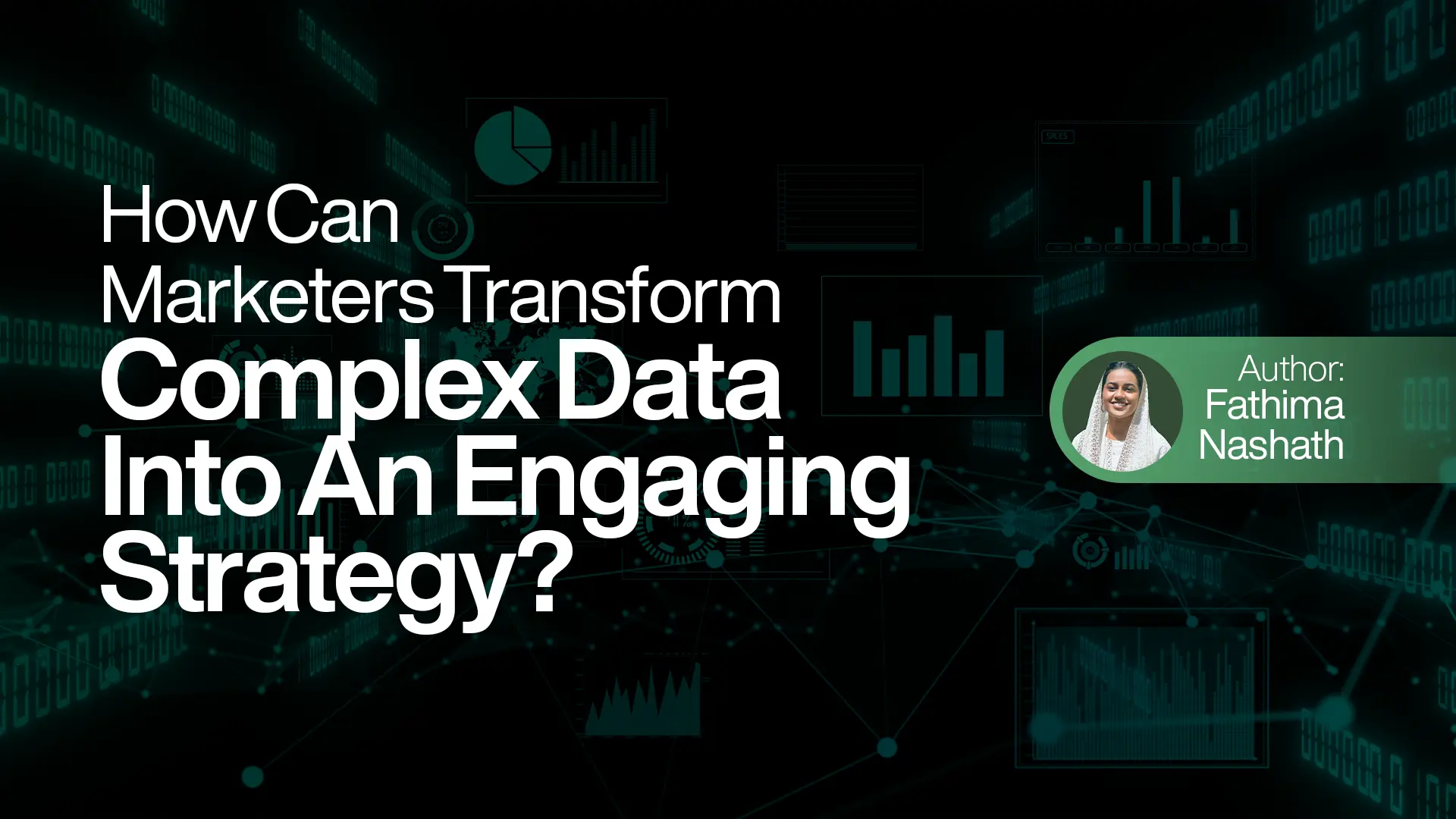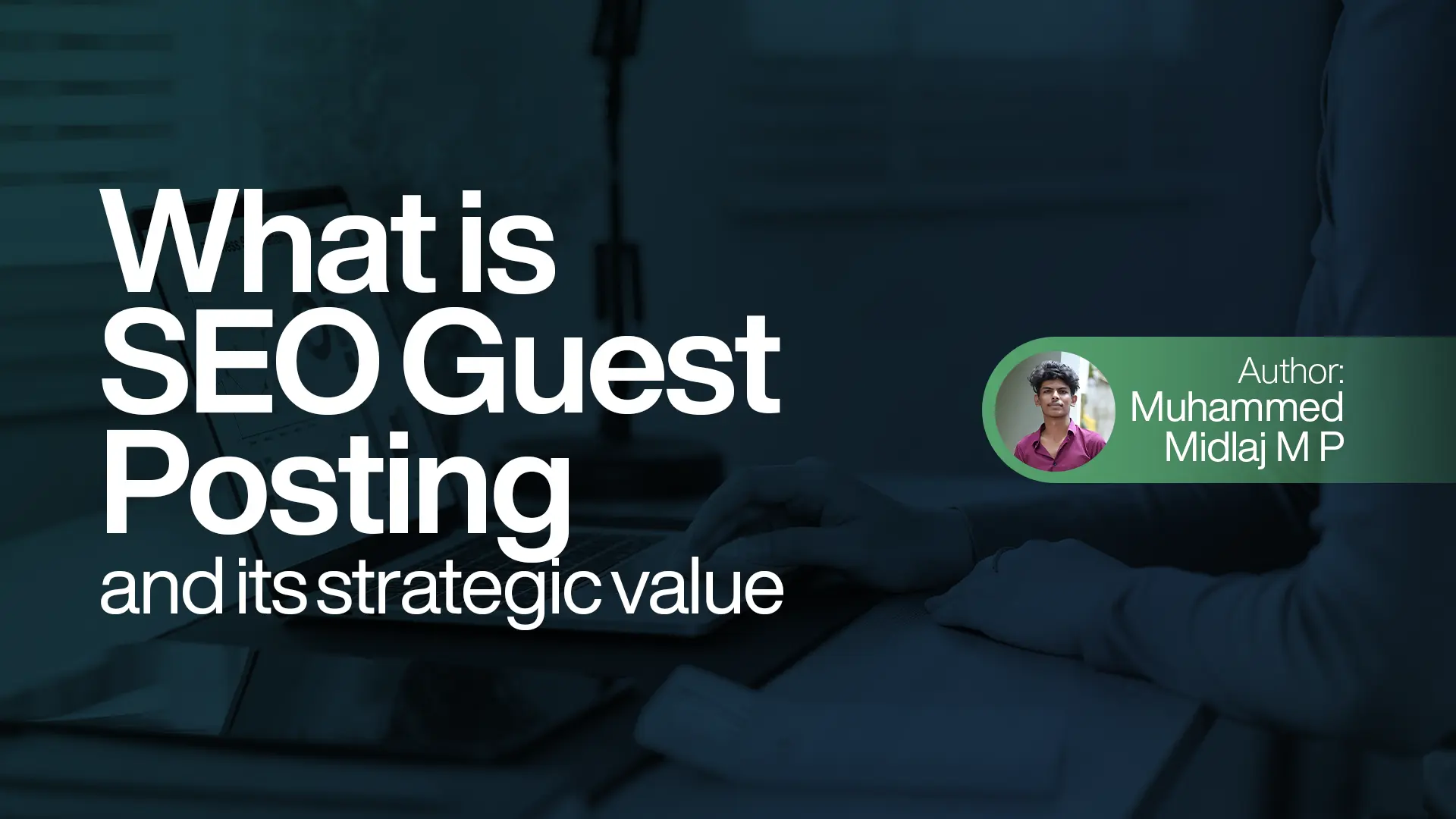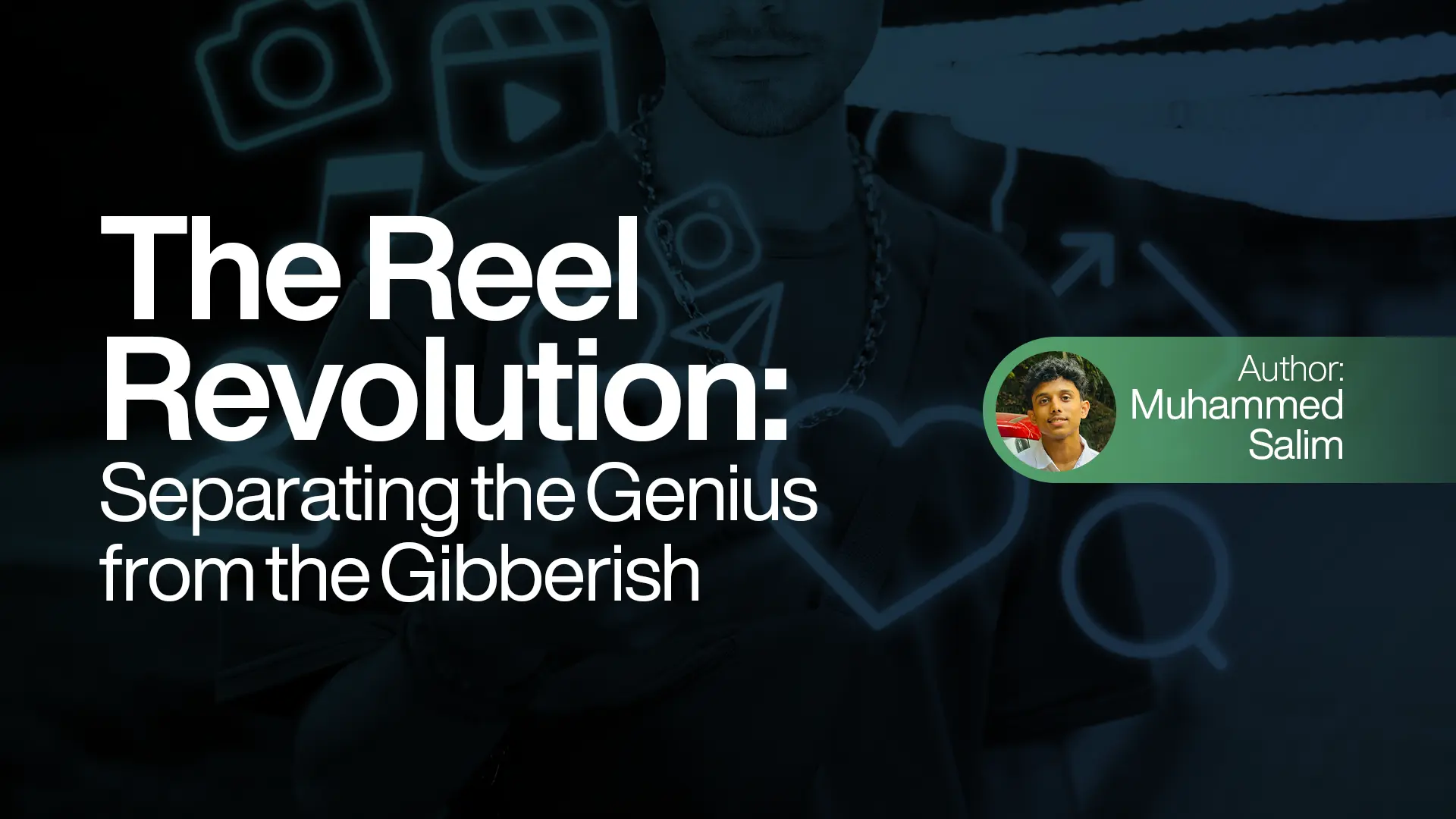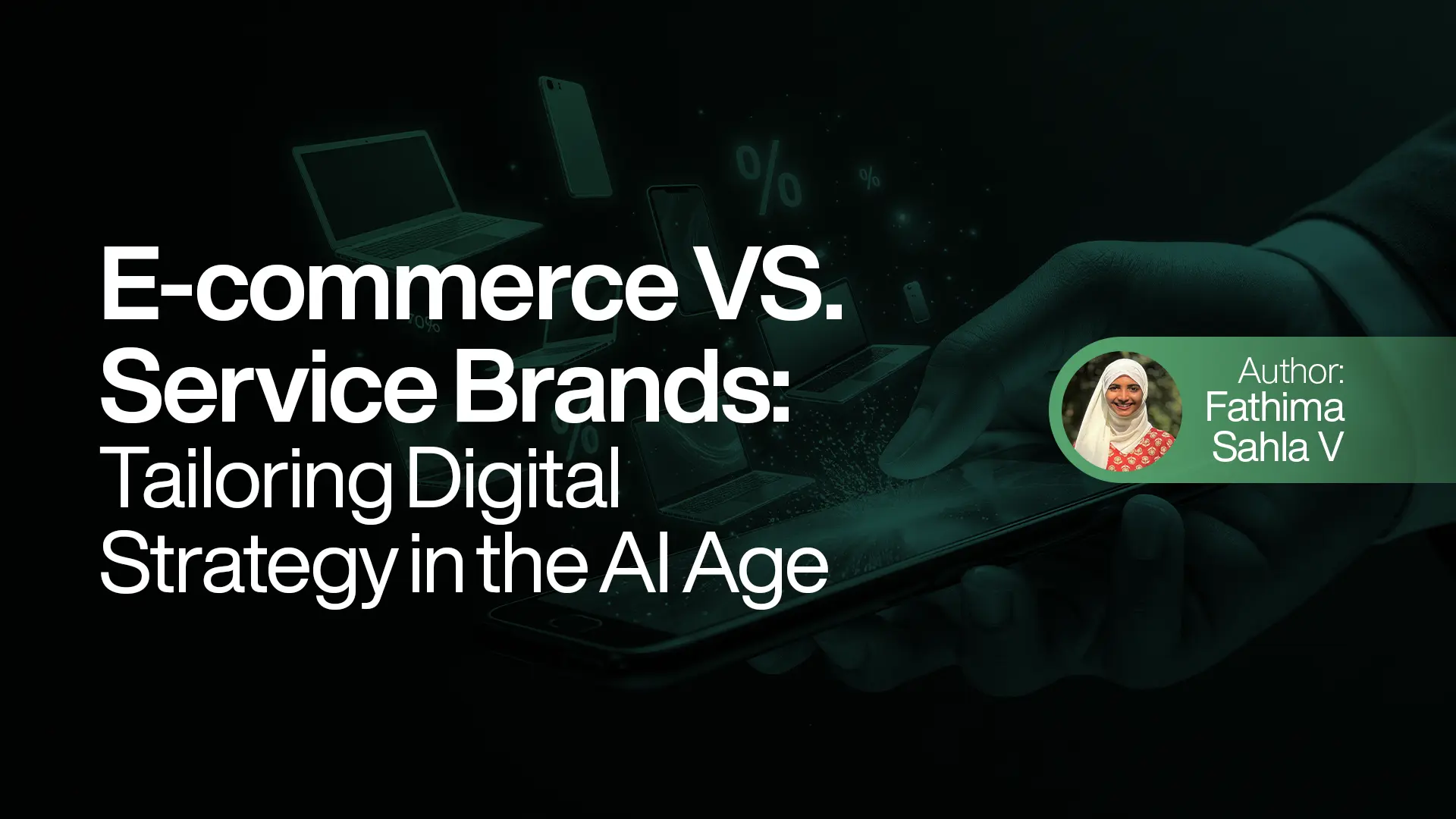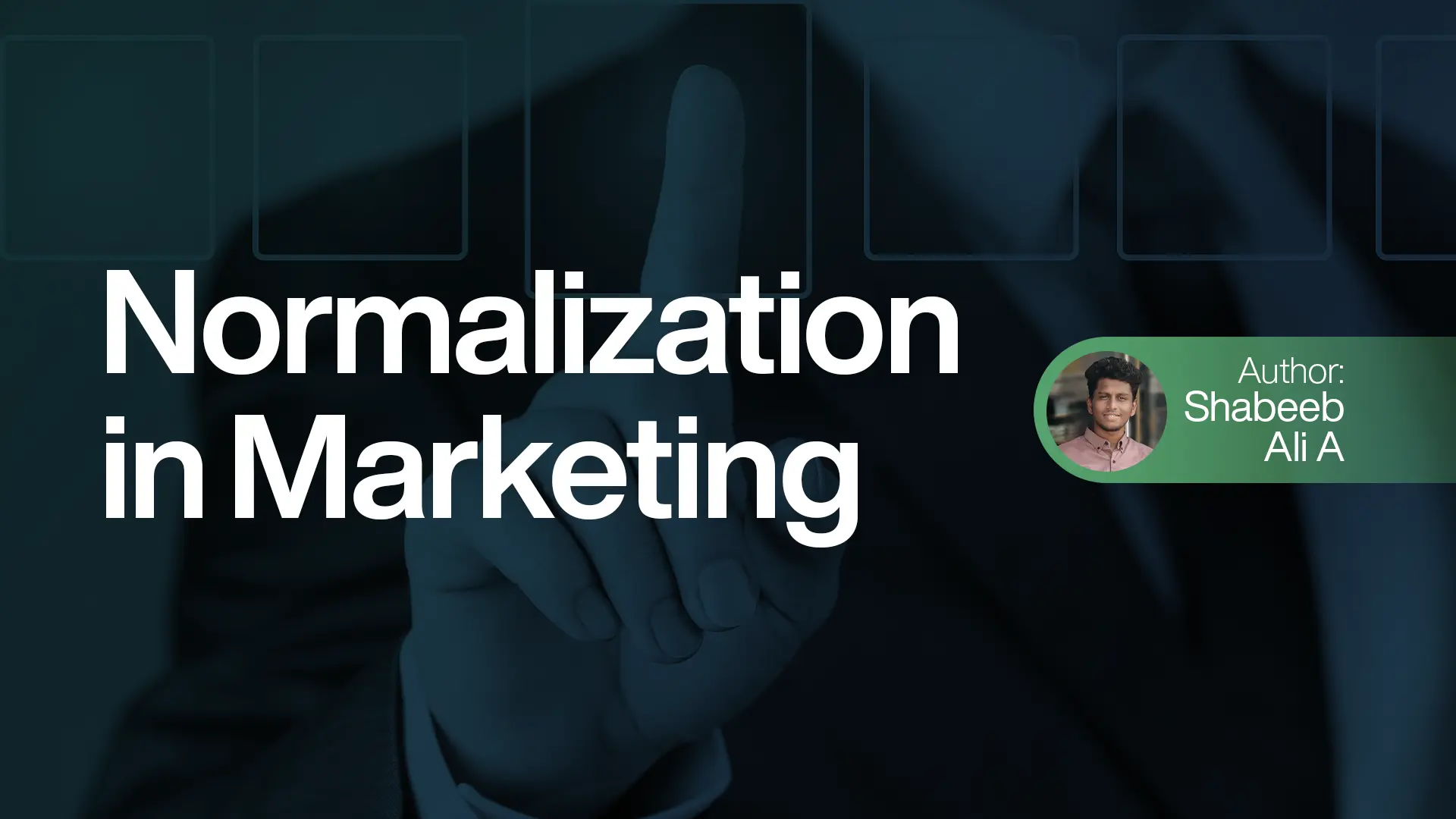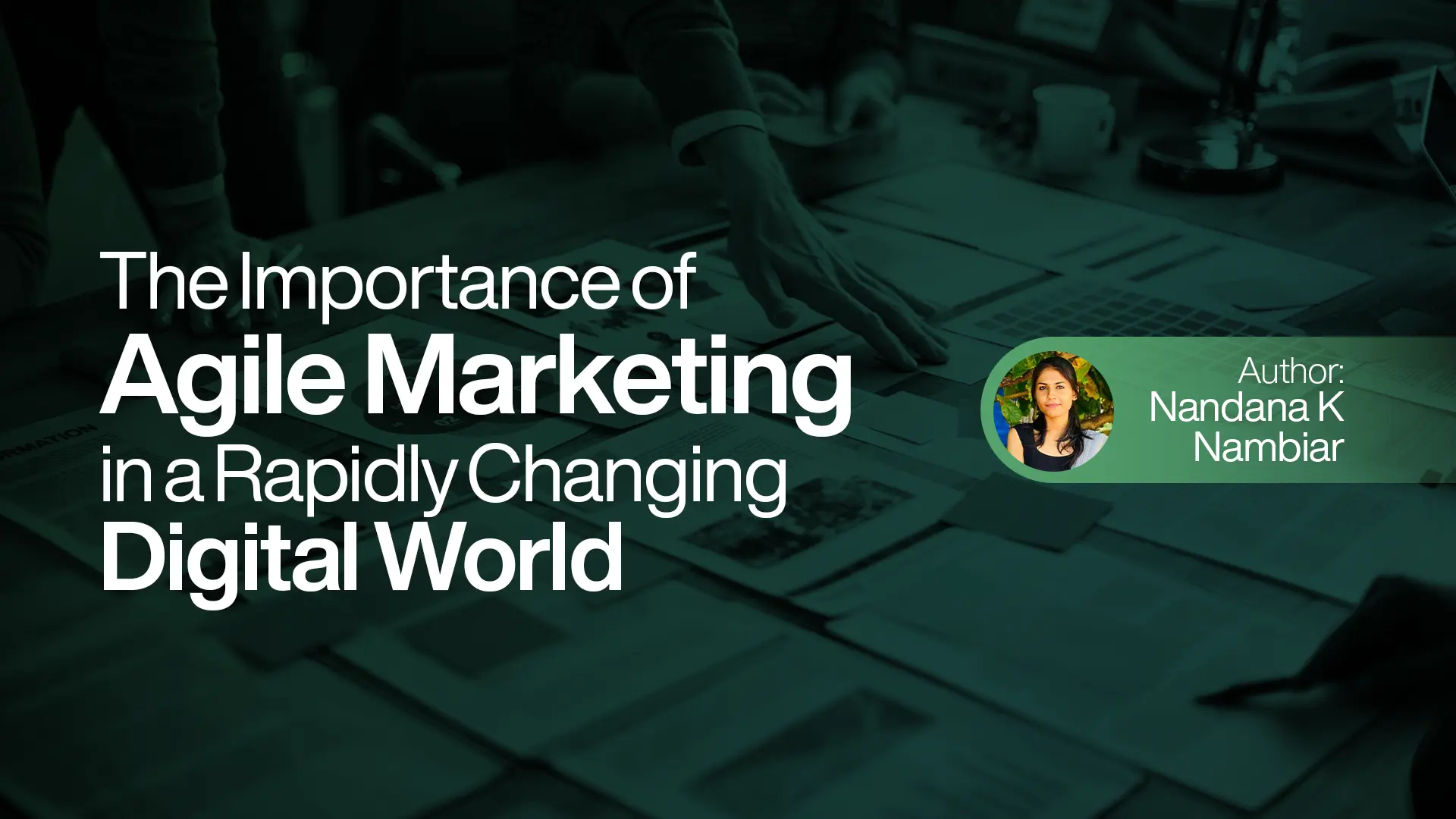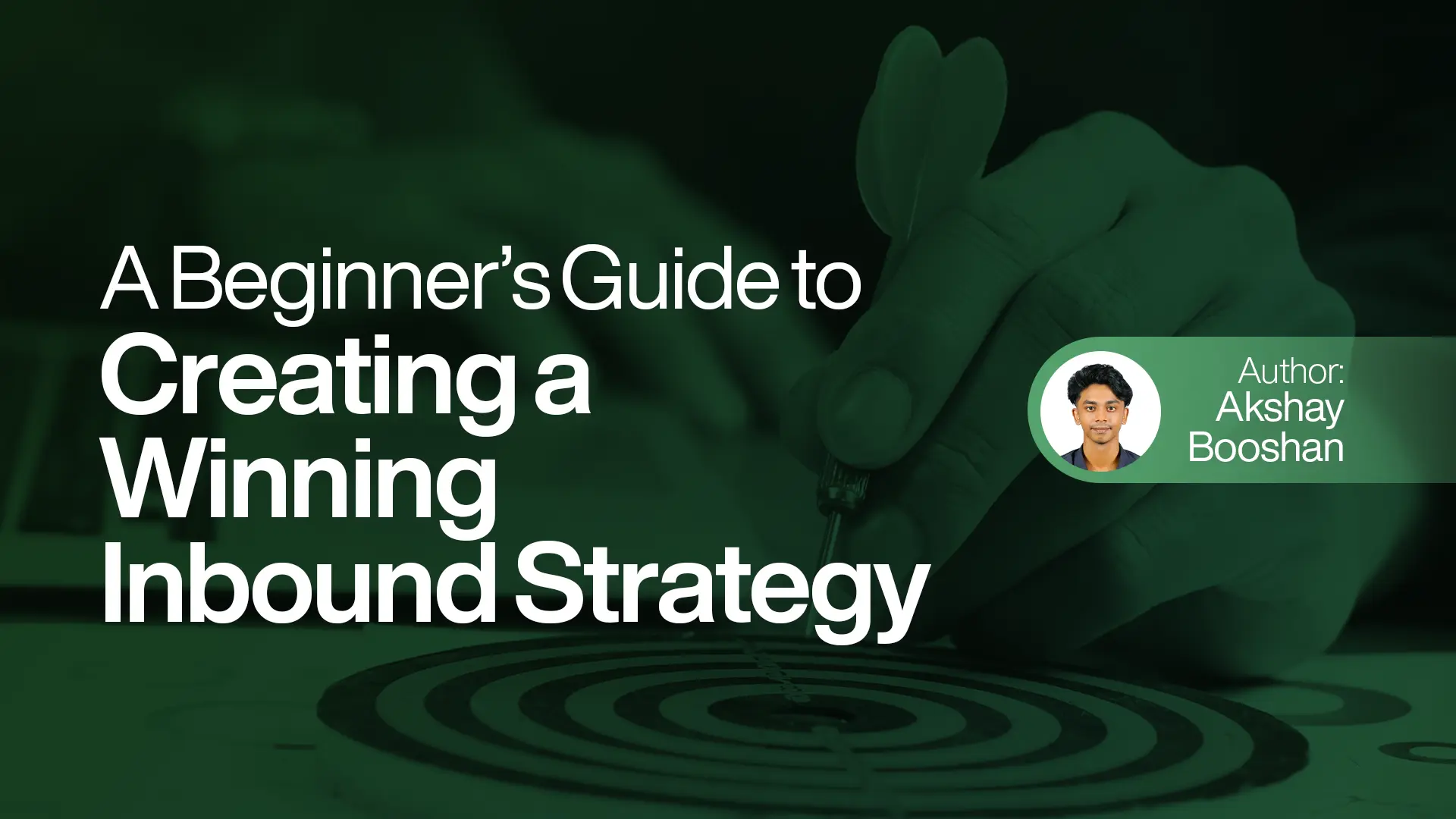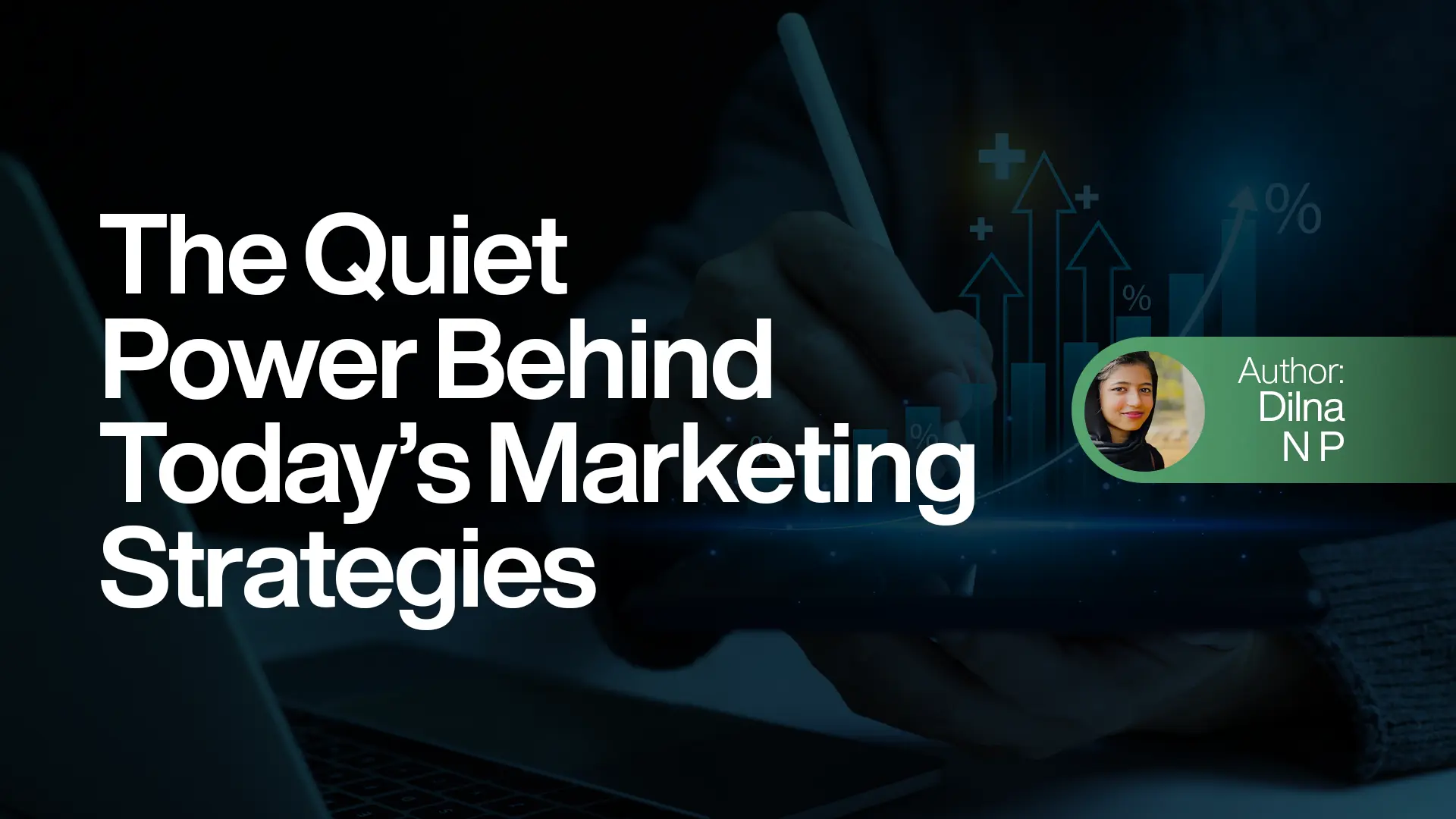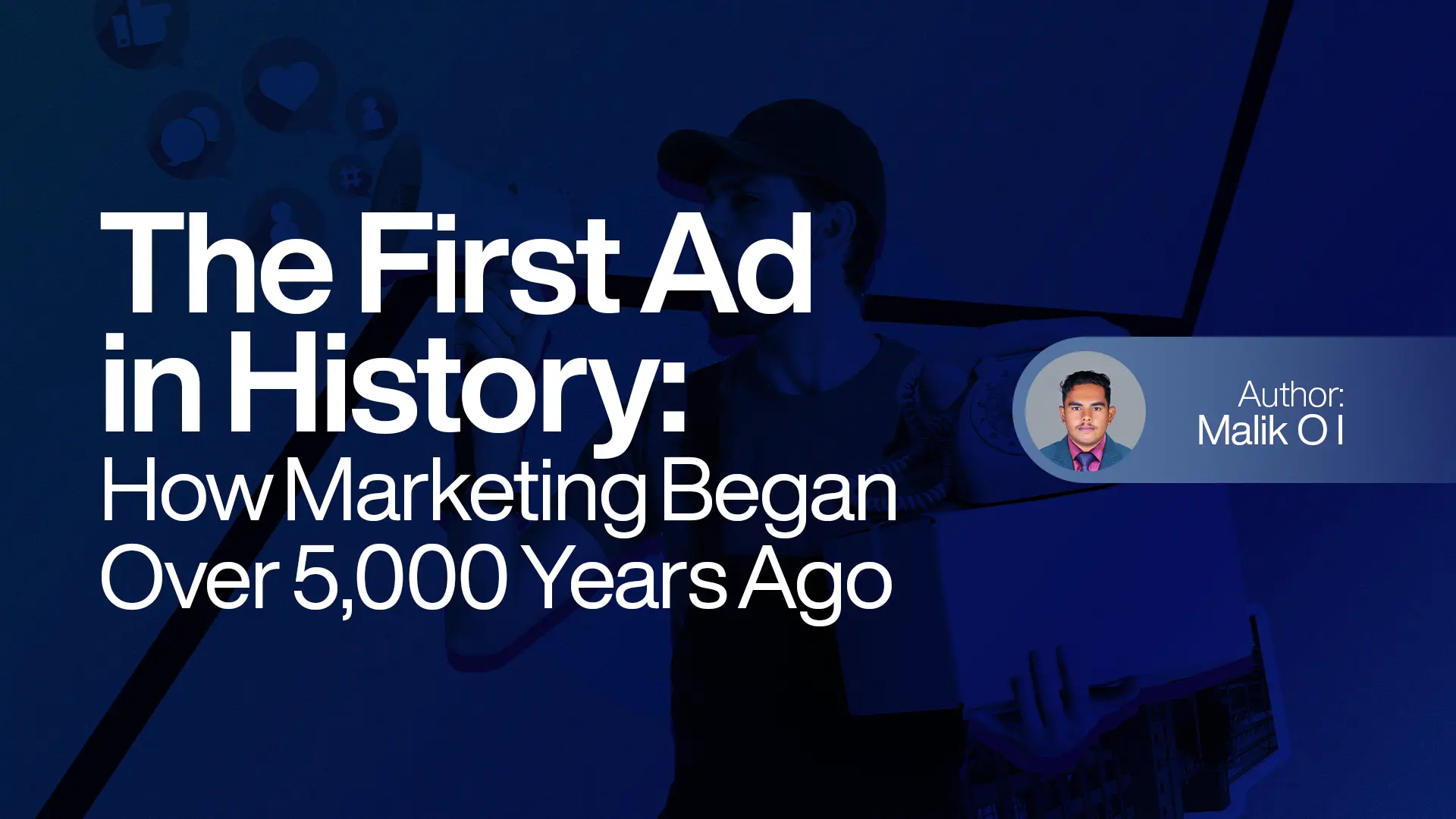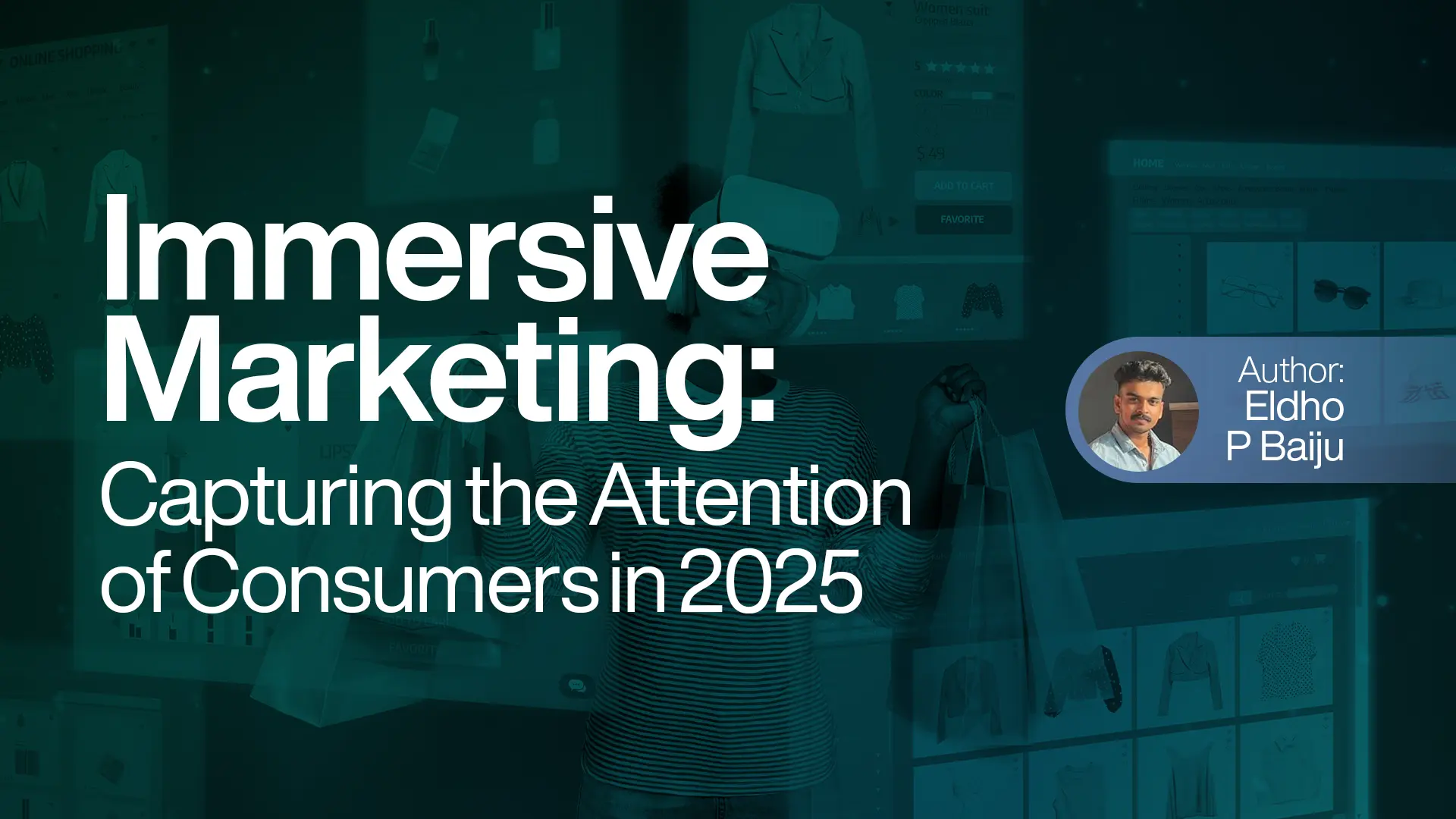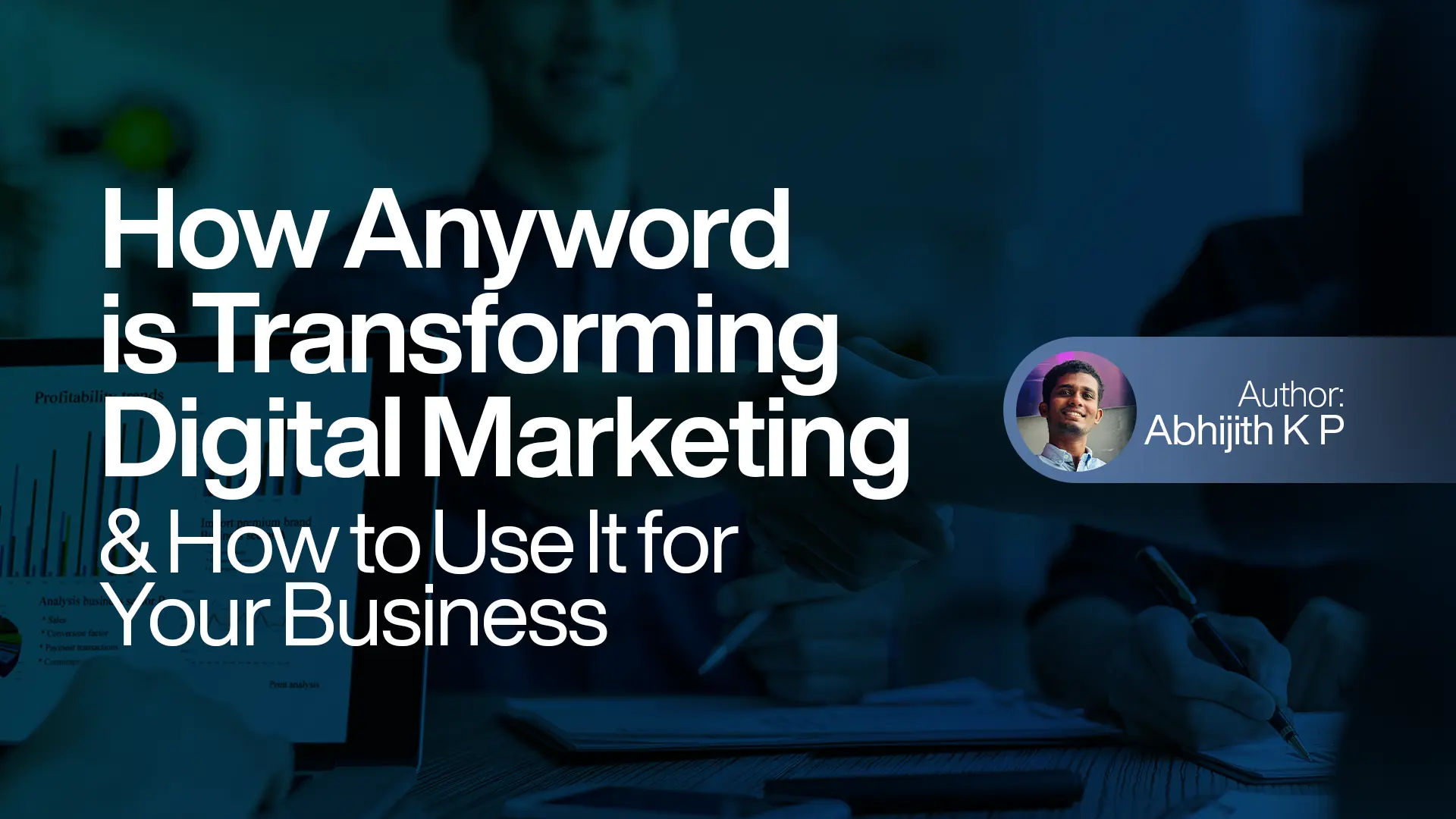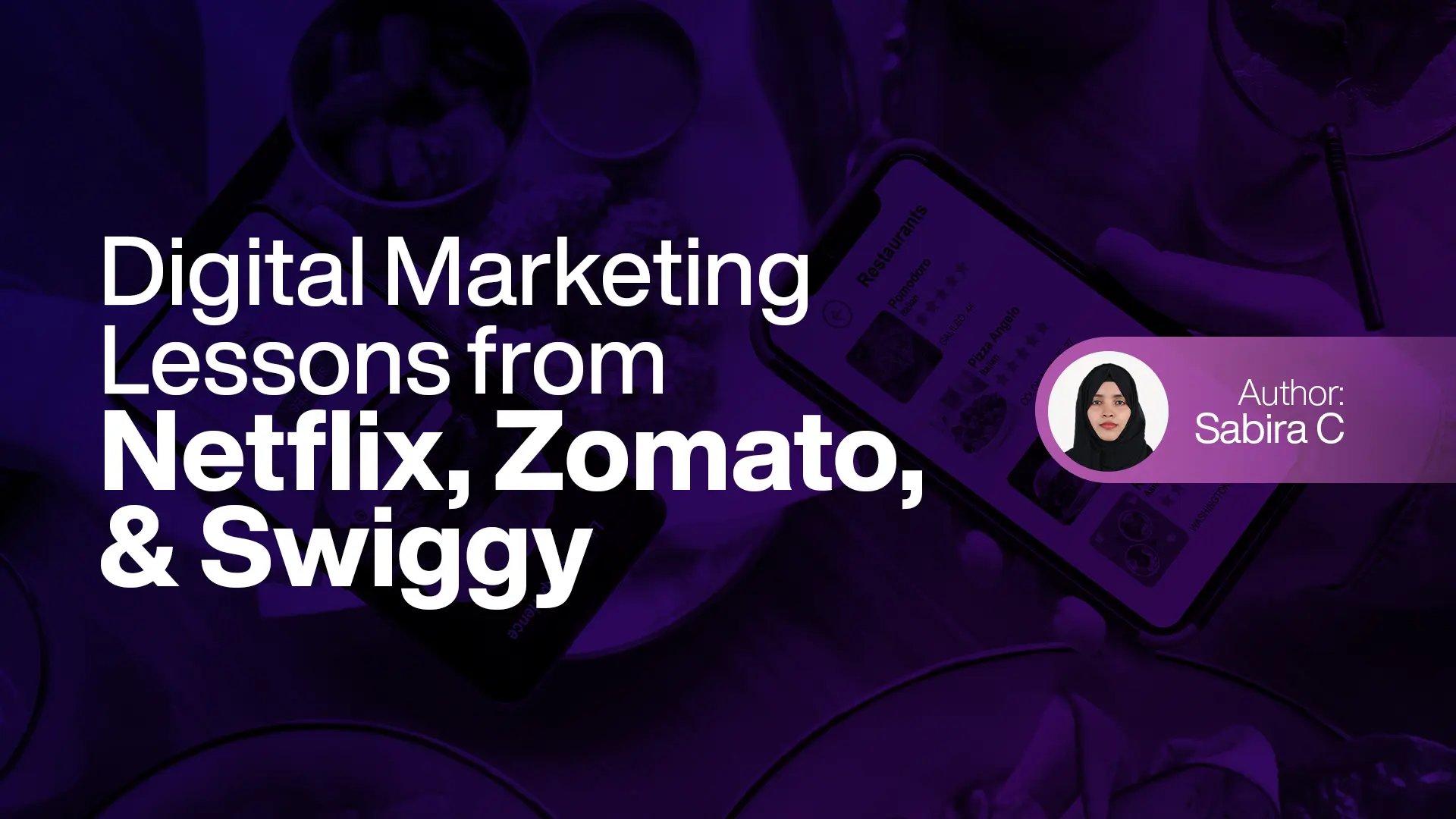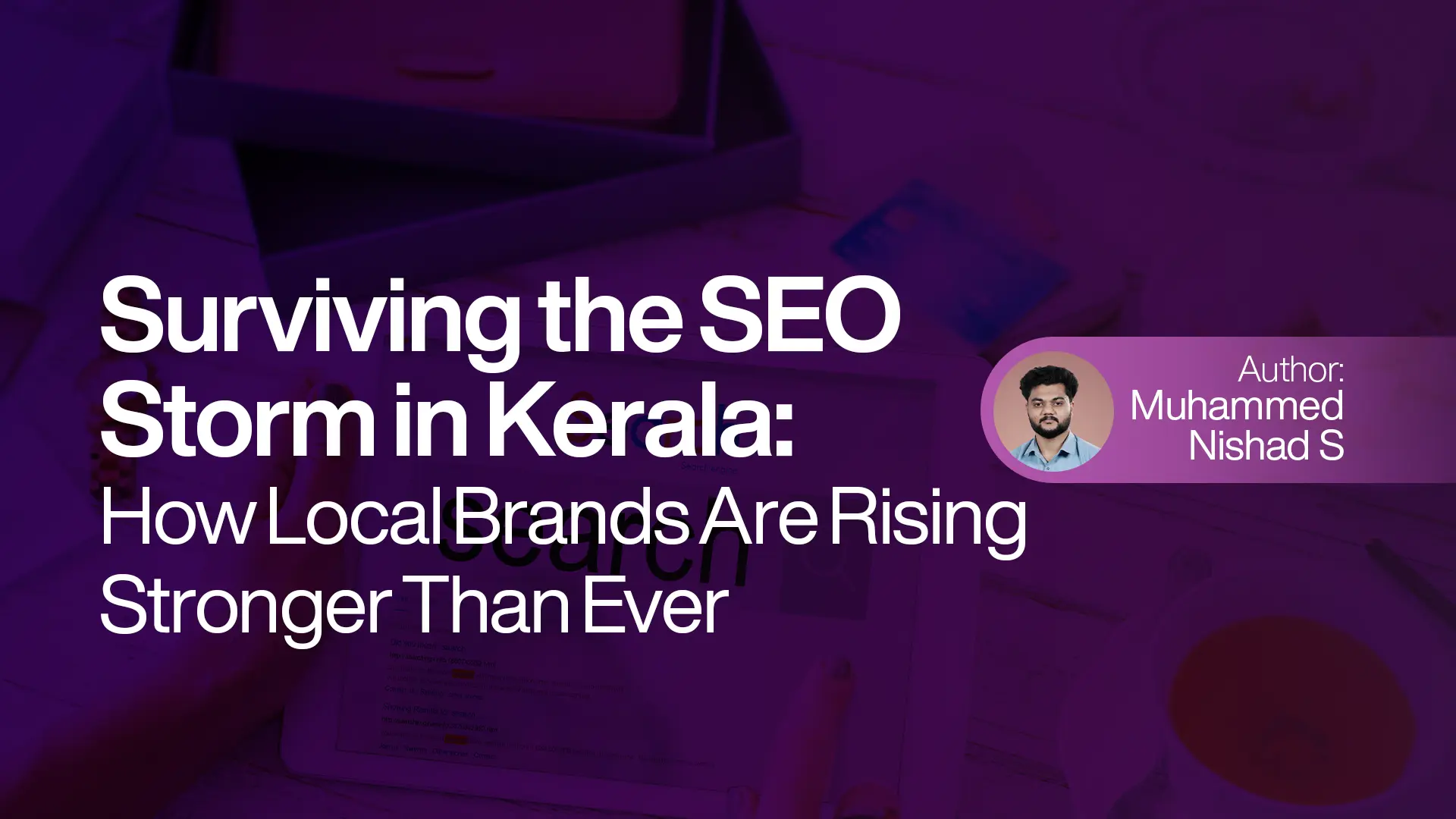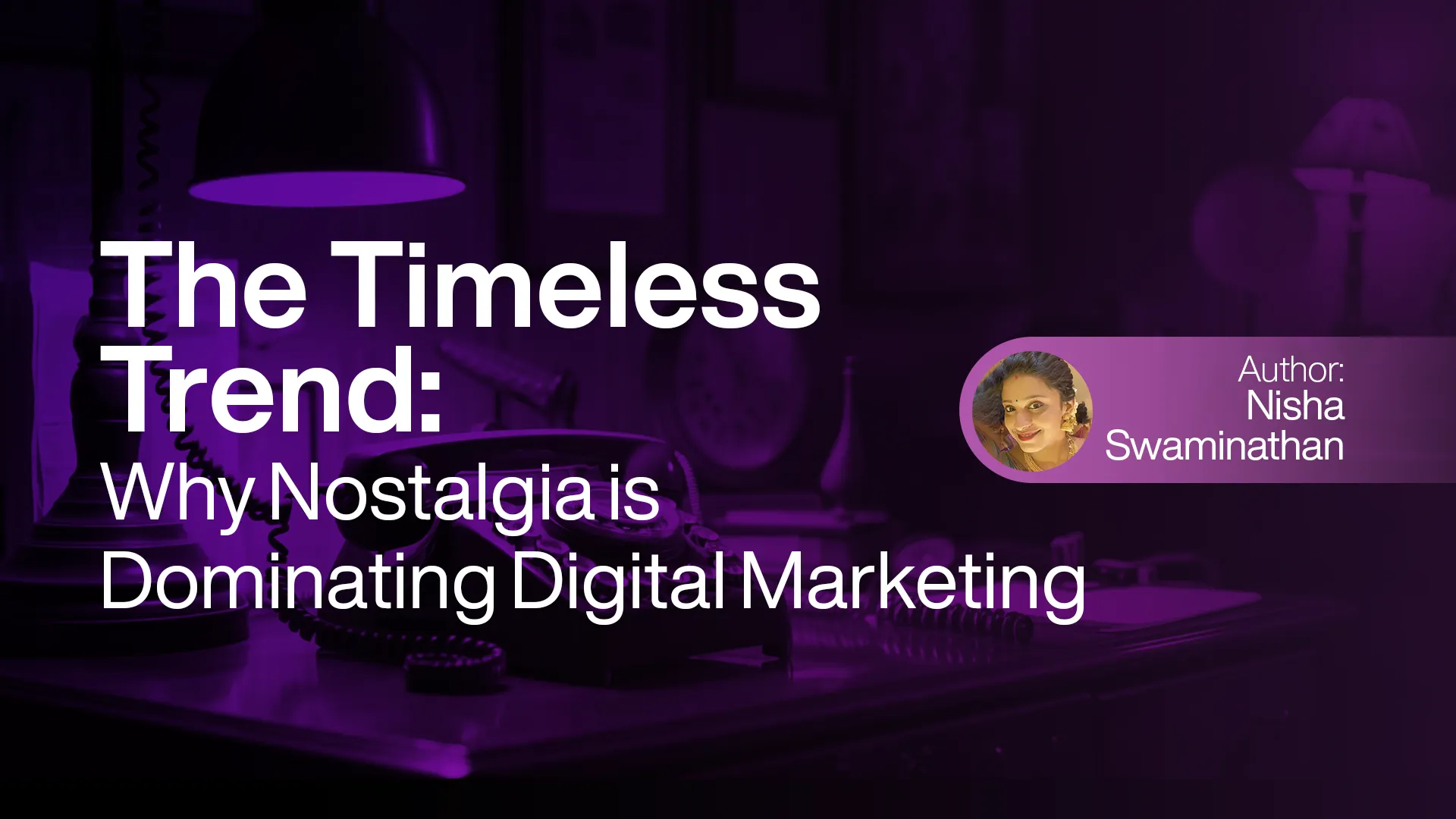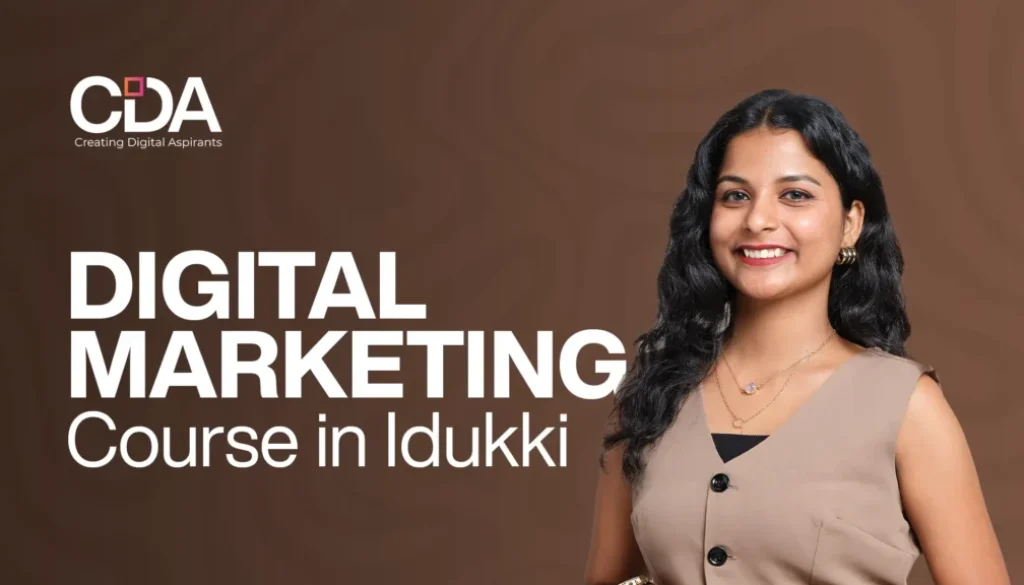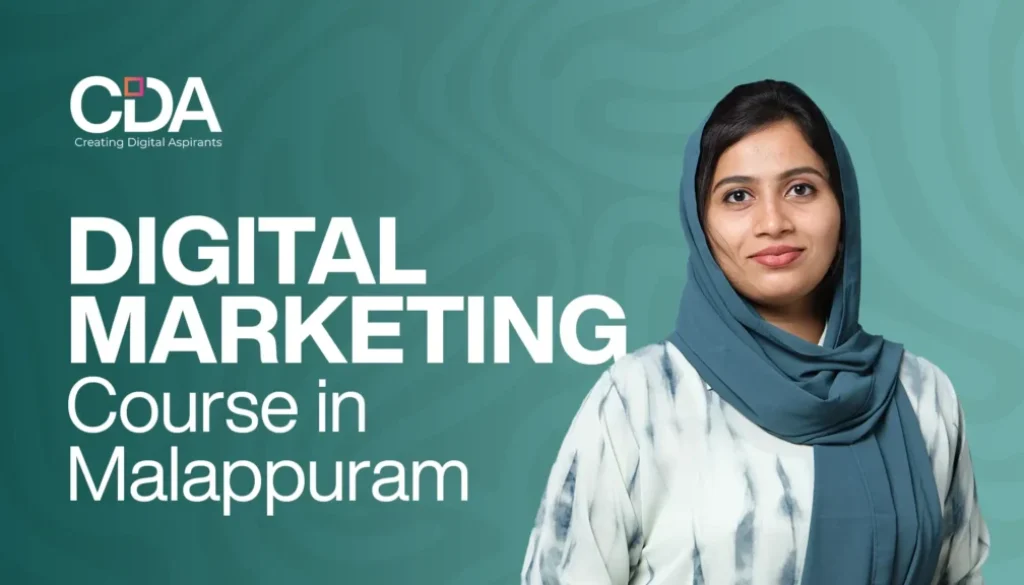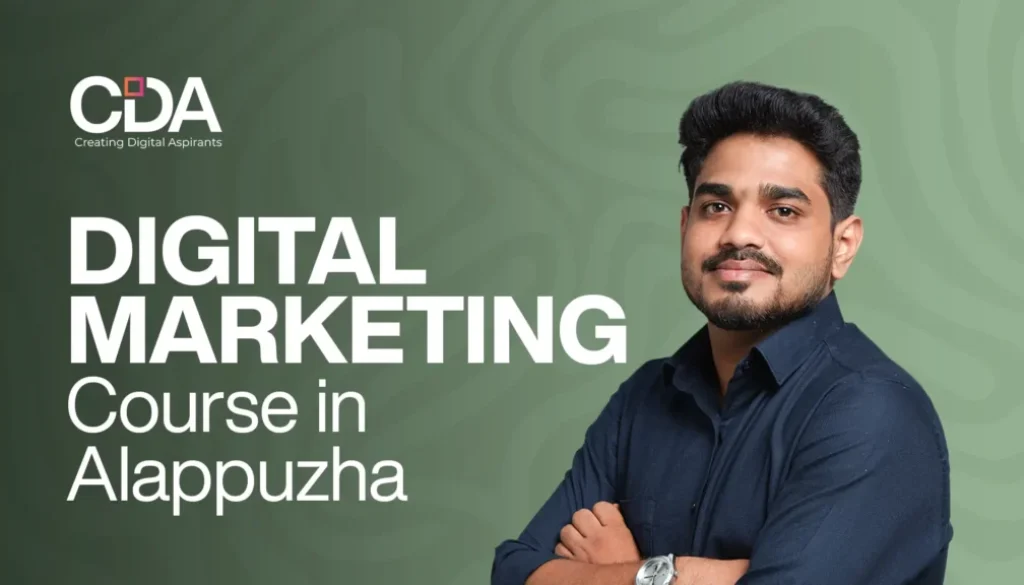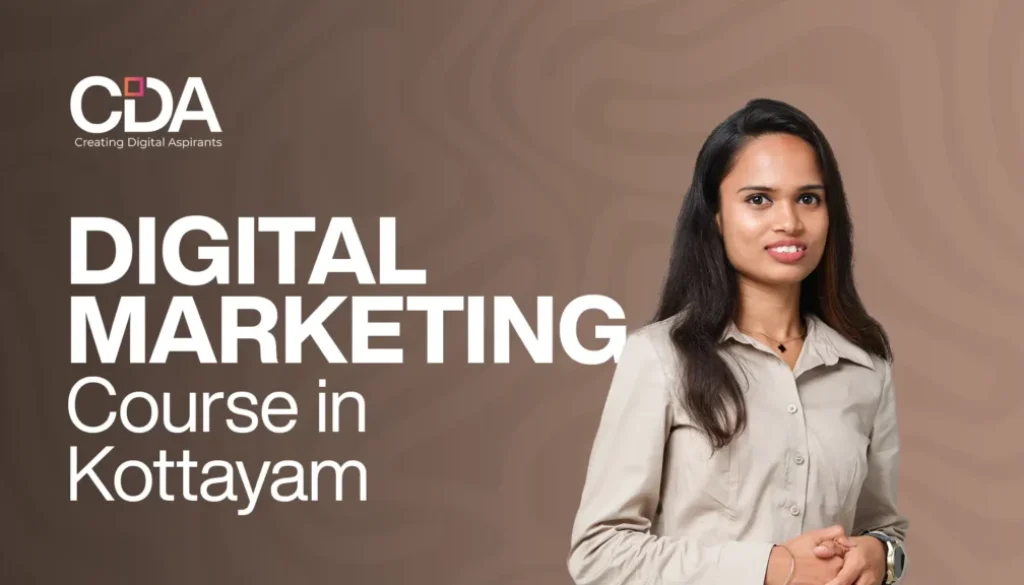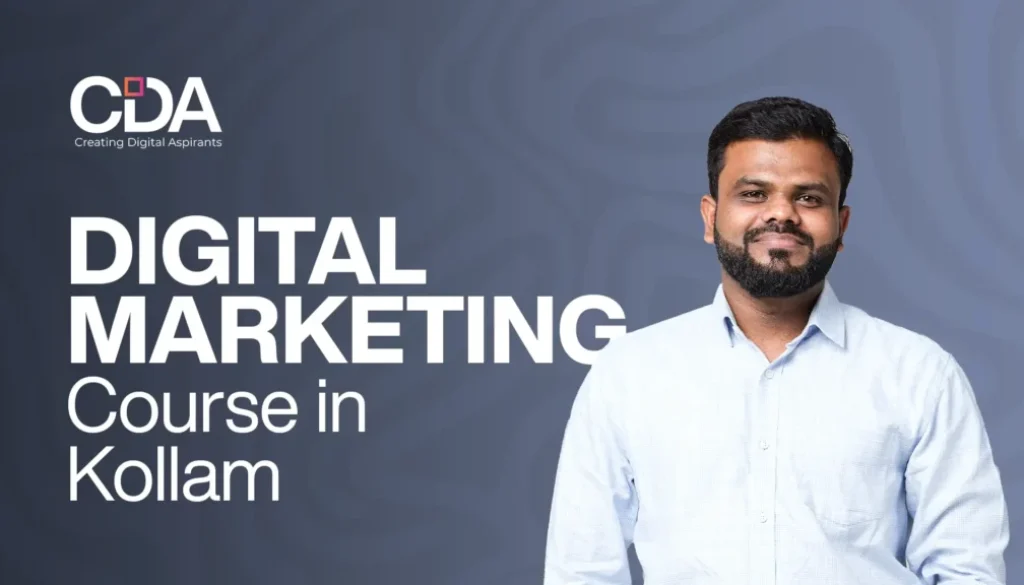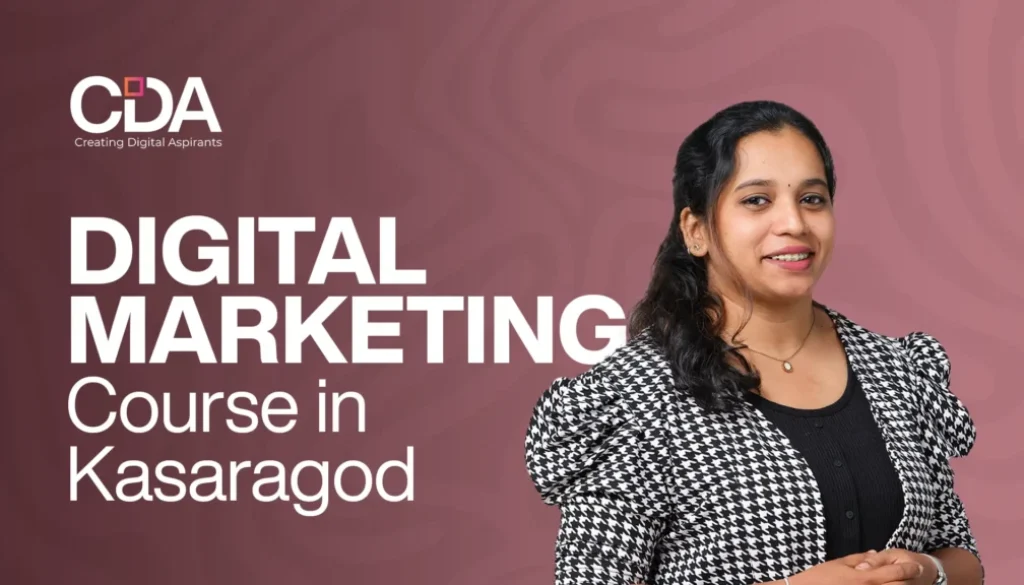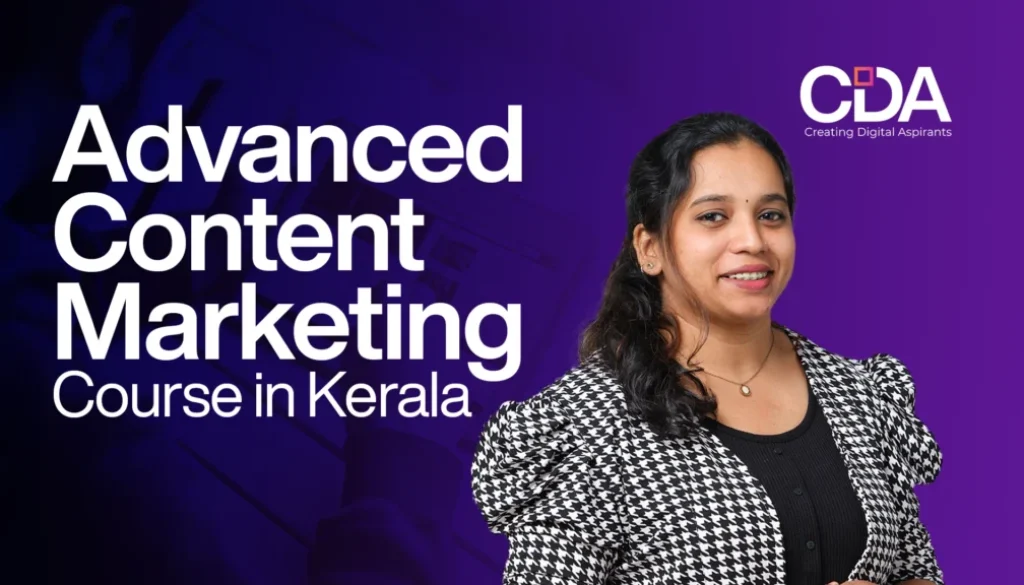Introduction
Sustainability isn't just a buzzword in today's hyperconnected, eco-friendly world—it's a requirement. As people become more conscious of the social and environmental footprint of their buying habits, companies need to retool their marketing approach to better incorporate a more profound dedication to sustainability. This change has led to the emergence of "sustainable marketing," a strategy that aligns business development with environmental protection and moral accountability.
Sustainable marketing isn't a matter of greenwashing or just tacking eco-friendly buzz phrases onto ads. It's about genuinely incorporating sustainability into the values, messaging, and operations of a company. When executed properly, sustainable marketing can boost brand reputation, build customer loyalty, and create long-term value—all while helping create a healthier planet. In this blog, we'll discuss what sustainable marketing is, why it's important, and how companies can run effective, mission-based digital marketing campaigns that benefit business and the planet.
What Is Sustainable Marketing?
It differs from traditional marketing in that it takes into consideration the long-term social and environmental effect of campaigns. This entails Through ethical messaging and openness Making eco-friendly products and services a top priority Reducing the environmental impact of marketing operations Participating in community and social responsibility activities It's about tying a company's marketing efforts to its sustainability objectives and making those objectives a main component of its public image. Why Sustainable Marketing Matters Consumer Demand: An increasingly large consumer base would rather purchase from values-based brands. Based on recent research, over 70% of customers are even willing to spend extra for sustainable products. Page 1 of 3 Brand Trust and Loyalty: Authenticity and purpose generate trust. Brands that openly discuss their sustainability initiatives (and setbacks) foster deeper, longer-term relationships with their constituencies. Regulatory Pressure: Governments and international organizations are increasingly implementing regulations to reduce carbon emissions and promote ethical business. Businesses that move early on sustainable marketing will be in a good position for compliance. Long-Term Profitability: Sustainable business operations tend to generate cost savings (e.g., energy conservation, minimized waste) and provide new market opportunities.
Competitive Advantage: It is easier to stand out in a busy marketplace when you have a purposeful mission. Sustainability is a powerful differentiator. Digital Strategies for Sustainable Marketing Sustainable marketing isn't just for the products or services you sell; it's also for how you sell them. Below are some ways to weave sustainability into your digital marketing strategy:
1. Eco-Friendly Content Strategy Utilize cloud services fuelled by renewable energy. Reuse and recycle content to maximize its lifespan and minimize production efforts.
2. Green Website Practices Make your website fast and lean to minimize server load and energy consumption. Host your website with sustainable web hosts that operate on Encourage community interaction and user-generated content focused on sustainability. Examples of Brands Doing It Right Patagonia: Famous for its strong environmental positions and open practices, Patagonia weaves sustainability into the very fabric of its business and marketing. Seventh Generation: Its marketing spotlights product ingredients, fair sourcing, and a long-term focus for environmental health. Page 2 of 3 Lush Cosmetics: Lush advocates ethical purchasing, zero-waste packaging, and cruelty-free goods—all highlighted by genuine marketing. These brands demonstrate that sustainable marketing isn’t just possible—it can be powerful and profitable. Challenges and How to Overcome Them Cost and Resources: Eco-friendly options can be more expensive initially. Start small and scale gradually. Consumer Skepticism: Combat skepticism with transparency and proof of your efforts (e.g., certifications, data). Keeping It Consistent: Embed sustainability into your strategy, rather than being an occasional campaign. These are the obstacles to be overcome with a clear vision, internal commitment, and long-term dedication to purpose renewable energy.
3. Ethical Influencer Collaborations Collaborate with influencers who are sustainability-conscious. Ensure your partners' values align with your brand values Encourage sustainable consumption, not over-consumption.
4. Honest and Authentic Communication Don't greenwash. Clearly communicate your efforts in sustainability.
5. Social Impact Campaigns Develop campaigns which promote awareness of environmental causes
Importance of Sustainability Marketing in 2025
As we progress further into the 2020s, the significance of sustainability in marketing has amplified tremendously. In 2025, it is not merely a corporate social responsibility to tick the box anymore — it is a central business and branding strategy. Customers, investors, and regulators are not just asking for more accountability and transparency but also for environmental responsibility. Sustainability is particularly important in marketing today because:
1. Consumers Demand Purpose-Driven Brands In 2025, Gen Z and Millennials rule the consumer landscape. They care most about the environment and social issues. They like brands that share their values — in particular, sustainability, fair sourcing, and climate action. Marketing strategies that focus on authentic green efforts will be more likely to appeal to thoughtful buyers and build loyalty. Statistic: In a recent survey, more than 70% of Gen Z want to purchase from brands that are sustainable.
2. Sustainability Impacts Buying Decisions Sustainability is no longer an added value — it's a buying decision. Eco-friendly or ethically produced products tend to outsell traditional ones, even when it costs more. In 2025, marketers have to make sustainability a value proposition and demonstrate tangible impact. Example: Allbirds and Beyond Meat both emphasize their smaller carbon footprint in their advertising — and watch sales increase as a result.
3. Green Regulations Are Tightening Governments globally have passed more ambitious climate policies by 2025. Companies that don't embrace sustainable methods face fines, lawsuits, or consumer backlash. Marketing teams must now highlight not just what the company is selling, but how responsibly they're selling it.
4. Social Media Makes Brands More Accountable Thanks to social media as a global watchdog, brands can no longer greenwash or provide misleading claims of sustainability. Audiences can quickly mark false messages as misleading. Marketers have to work with transparency, actual data, and storytelling on genuine sustainable actions. Tip: Share behind-the-scenes information, sustainability reports, and supply chain transparency to build trust
5. Sustainable Branding Creates Long-Term Value In 2025, a sustainable brand is future-fit. Investors and partners are attracted to companies that invest in circular business models, green marketing, and eco-friendly innovation. These brands not only do better today but also have a greater long-term potential.
6. AI and Data Tools Enable Eco-Marketing AI-drives digital marketing in 2025, enabling brands to measure, track, and personalize sustainable messaging. Platforms are now able to calculate the carbon footprint of campaigns, suggest energy-saving ad strategies, and optimize content for eco-savvy audiences
Conclusion
Sustainable marketing is now mainstream business—no longer a trend for niche players. As the planet becomes more complex and fragile, customers expect brands to take charge with purpose, responsibility, and authenticity. By adopting sustainable marketing, companies not only make the world a better place but also forge deeper connections with customers and create lasting business advantage. Incorporating sustainability into your digital marketing strategy may take time and effort, but the rewards— for your brand, your audience, and the planet—are well worth it. Now is the time to think beyond profits and start building campaigns that truly make a difference.
Author Info
Charls K Binoy, a Freelance Digital Marketing Expert in Kottayam.

